The cheapest and most expensive countries to buy your way to citizenship
The nations selling passports at a premium
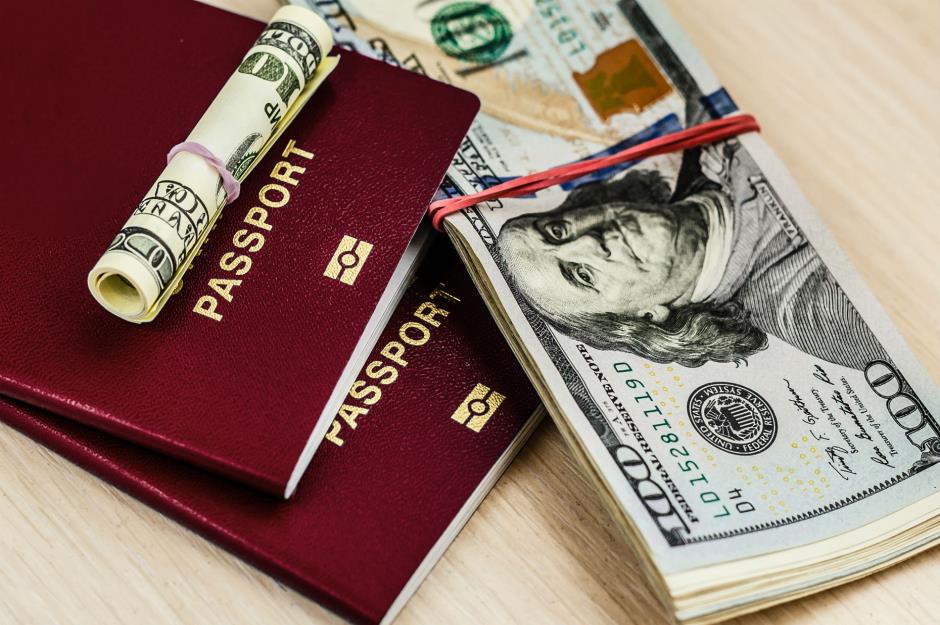
Since St. Kitts and Nevis established the world's first citizenship by investment programme (CBI) in 1984, scores of countries worldwide have gotten in on the act and generated billions of dollars, either by launching straight CIPs, or residency by investment programmes (RBI) aka "golden visas" as a backdoor to citizenship. We take a look at 46 countries that offer these schemes, how much they cost and the myriad benefits they provide, and reveal why they are so controversial.
Biggest markets

Chinese citizens have traditionally comprised the bulk of foreign nationals seeking citizenship or residency in other countries, followed by Russians and applicants from the Middle East. In 2019 research revealed Chinese investors had spent more than $44 billion (£38bn) on golden visas alone over the previous decade. However, these numbers have been dropping over the last three years, in part due to the country's COVID-19 lockdowns, but other reasons could be related to changing tax codes that make it harder to move money out of the country.
Attractive benefits

Sponsored Content
International controversy
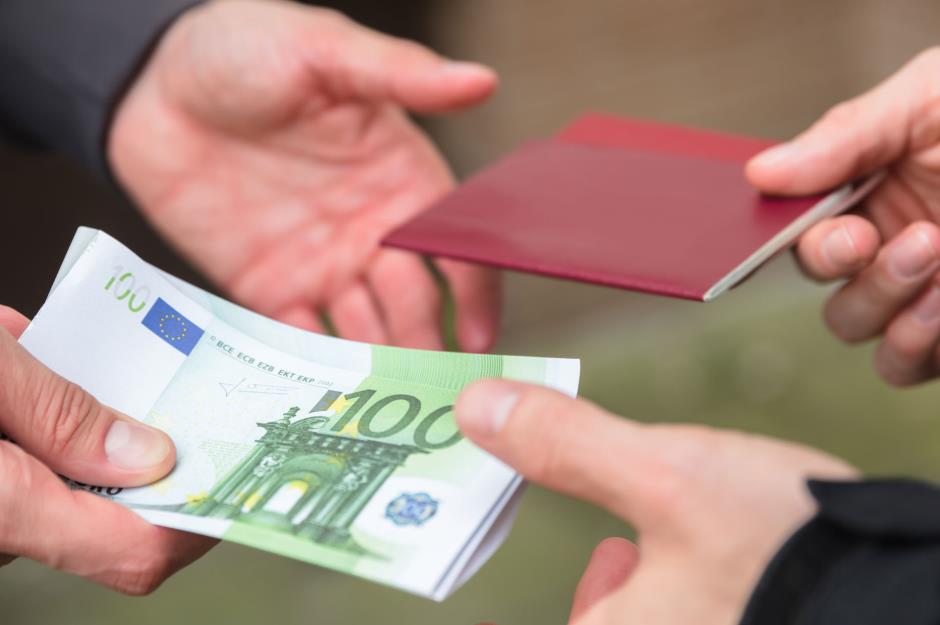
Organisations including the EU and Transparency International have criticised CBIs and RBIs. The EU has raised concerns with member countries that run these programmes and sell EU citizenship, while Transparency International has urged governments to better regulate the schemes. Several programmes have been plagued by corruption and exploited by nationals from pariah states to work around international sanctions. In March the EU Parliament approved a report urging the bloc of countries to ban golden passport schemes by 2025, and immediatly end RBI and CBI programmes for Russian citizens. The UK ended access to its programmes for Russians a week before the invasion of Ukraine.
Citizenship by investment (CBI)
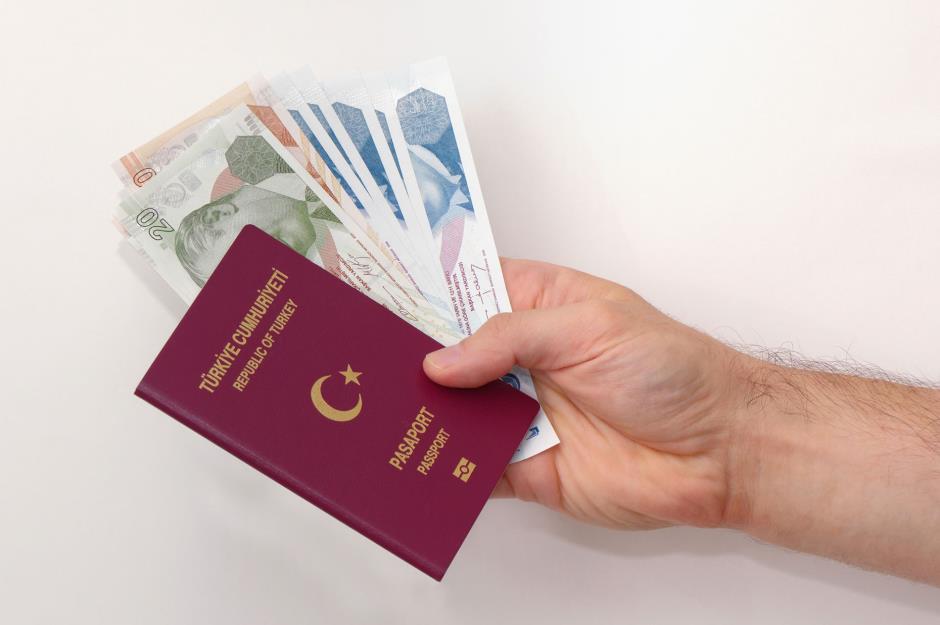
Currently, XX countries run citizenship by investment programmes (CBIs), though the actual number will depend th on country of origin for the applicant. These schemes award fast-track citizenship in exchange for a sizeable cash donation or investment in the country. Residency is not usually a requirement and these golden passports'are issued within a year, and almost instantly in many cases.
Dominica
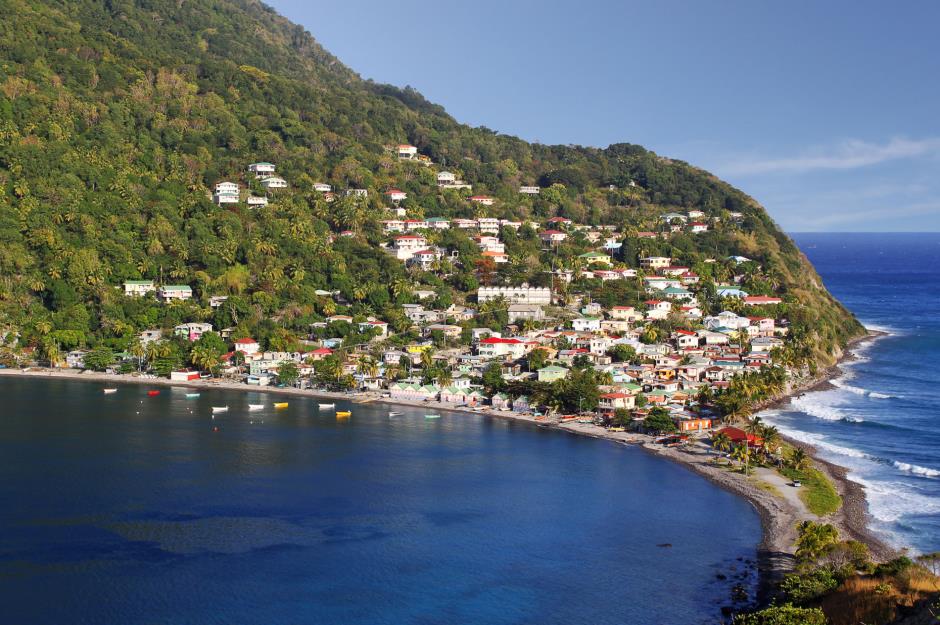
Dominica operates the most affordable CBI programmes in the world. A donation of $100,000 (£86,000) to the government for one of its social programmes, or investing $200,000 (£173,000) in real estate property that's largely related to the tourism sector, will bag you a passport offering visa-free travel to 114 countries and territories. This includes the Schengen Area in Europe that has open borders. There is zero residency requirement and successful applicants are exempt from paying capital gains, inheritance and other taxes.
Sponsored Content
Dominica
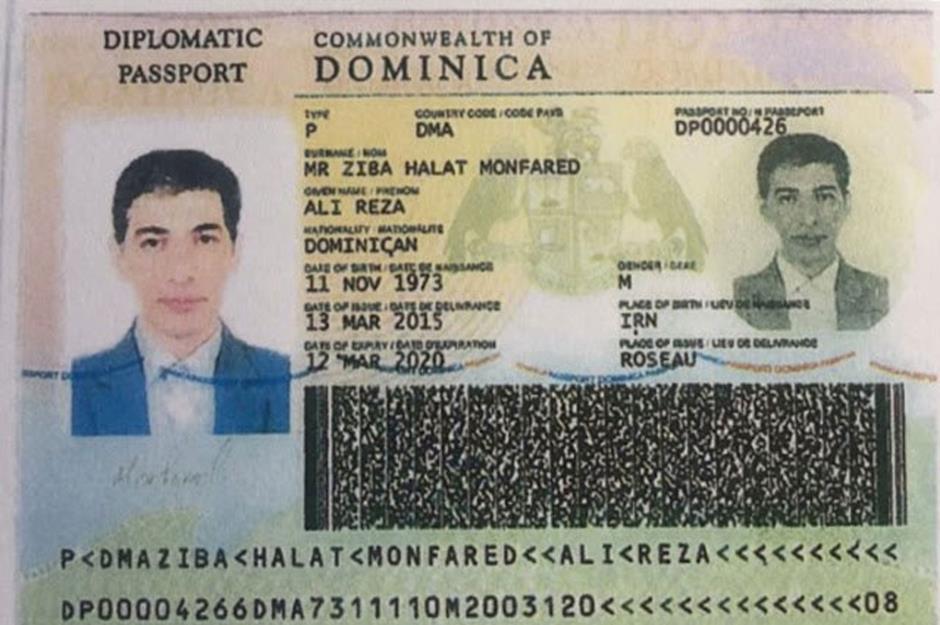
The scheme, which makes up half the government's revenue, hasn't been without its controversies. In 2015, authorities awarded citizenship to Iranian national Alireza Monfared and issued him with a diplomatic passport. Despite its due diligence, they failed to recognise that Monfared was wanted in Iran for perpetrating the country's biggest corruption scandal. He has since been extradited and sentenced to 20 years in prision. More recently, Dominica's Citizenship by Investment Unit has warned agents not to market access to Schengen countries — a practice that could jeopardise the country's visa waiver programme with the EU. Seperately the opposition party has criticised the programme saying a significant portion of the money hasn't made it into government coffers.
Saint Lucia
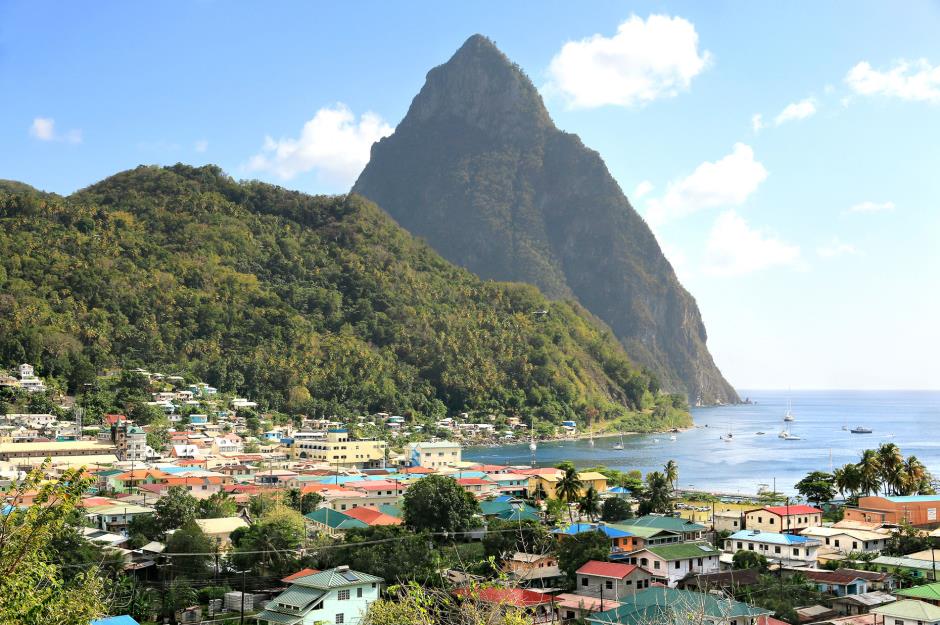
One of the newer schemes, Saint Lucia's CPI launched in 2016. There are currently four options: a one-off donation of $100,000 (£86,000) to the government, a $300,000 (£259,000) property purchase, a $500,000 (£432,000) bonds investment or a $3.5 million (£3m) investment in an approved enterprise project. The applicant doesn't even have to visit the country and, if successful, receives their passport in as little as three months.
Saint Lucia
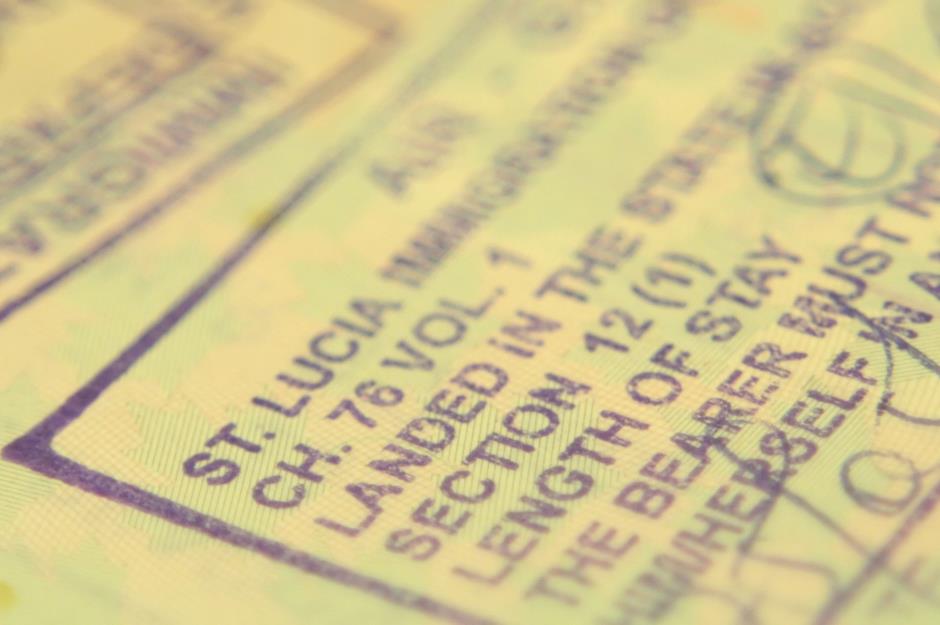
Citizens of Saint Lucia have visa-free access to more than 140 countries and territories, including the UK, France and Switzerland, so the passport is highly sought-after. As is the case with the Dominican programme, successful applicants are also exempt from paying wealth and inheritance taxes.
Sponsored Content
Antigua and Barbuda
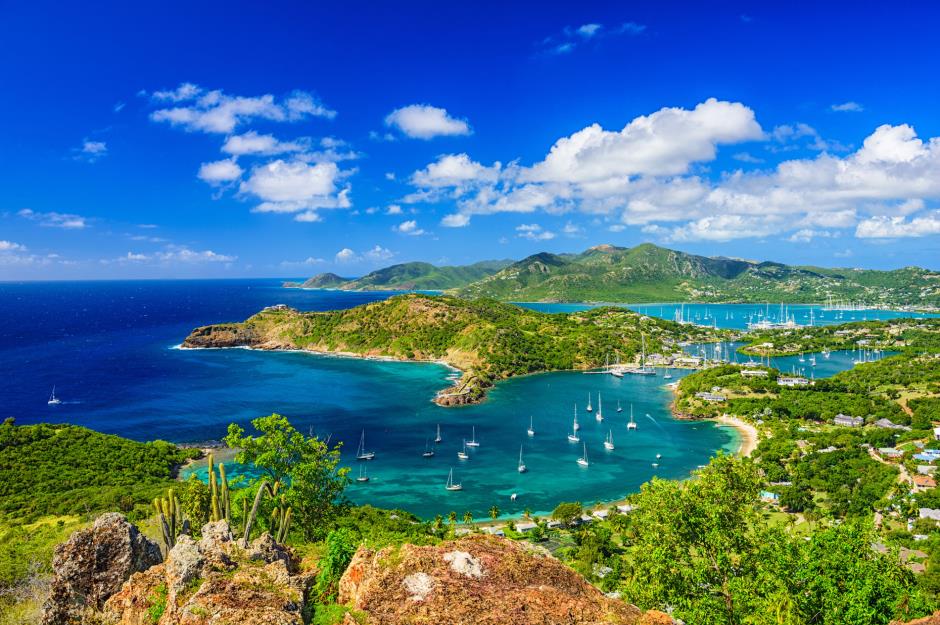
Antigua and Barbuda has a similar golden passport programme. Since November 2017 applicants have been required to either donate $100,000 (£86,000) to the country's National Development Fund, or pump at least $400,000 (£346,000) into a government-approved property investment. Two more options are now available for either making a $1.5 million investment in an approved business or, for families of at least 6 members, a $150,000 donation to the University of the West Indies Fund. This second option includes a tuition-only scholarship for one family member for one year at the university. There are additional fees for processing the application that start from $37,500 (£32,000) and increase depending on how many people are applying from one family.
Antigua and Barbuda
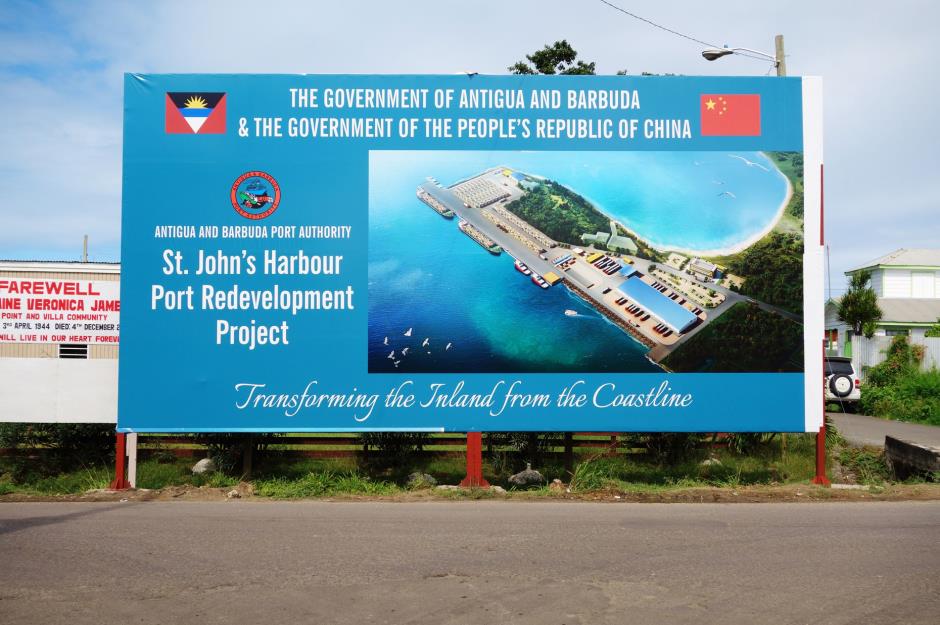
The passport ensures visa-free travel to as many as 150 countries and territories, although Canada revoked this in 2017. The downside for non-residents is that they have to live in the country for a period of five days over the five years after naturalization in order to continue being entitled to full citizenship. The upside is they don't have to pay capital gains and other taxes.
Grenada
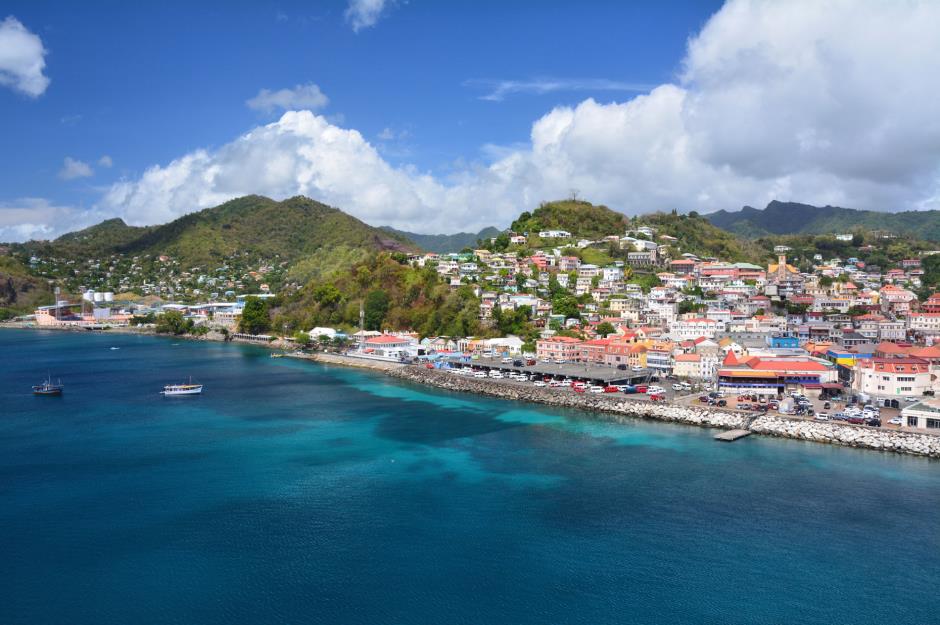
Staying in the West Indies, Grenada started its CBI programme in 2013 and once offered the world's cheapest and most unregulated option charging applicants just $40,000 (£35,000) for instant citizenship. The government closed the programmed after the 9/11 attacks in 2001 amid fears the scheme was attracting terrorists, but re-instated in 2014 with tighter rules and higher prices. Still, golden passport holders don't even have to travel to, let alone live in, Grenada.
Sponsored Content
Grenada
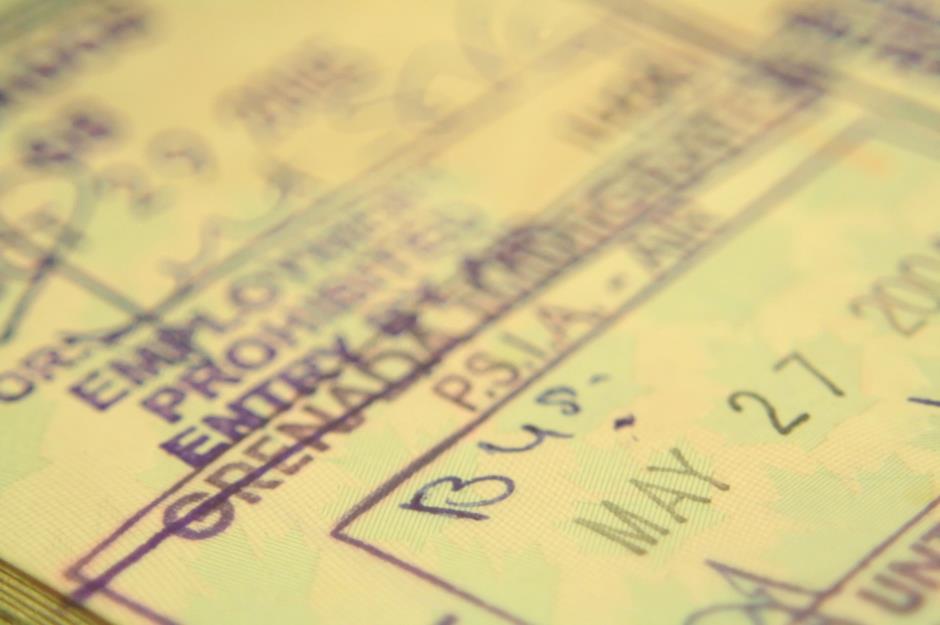
Today, a one-off donation of $150,000 (£130,000) to the government or a property investment of $350,000 (£251,000) are the minimum requirements, along with a range of fees that starts at around $8,000 (£7,000). Applications are generally approved within 60 days and once granted citizenship, passport holders can travel to more than 130 countries and territories, including the UK and China and apply for a US E-2 business visa.
St. Kitts and Nevis
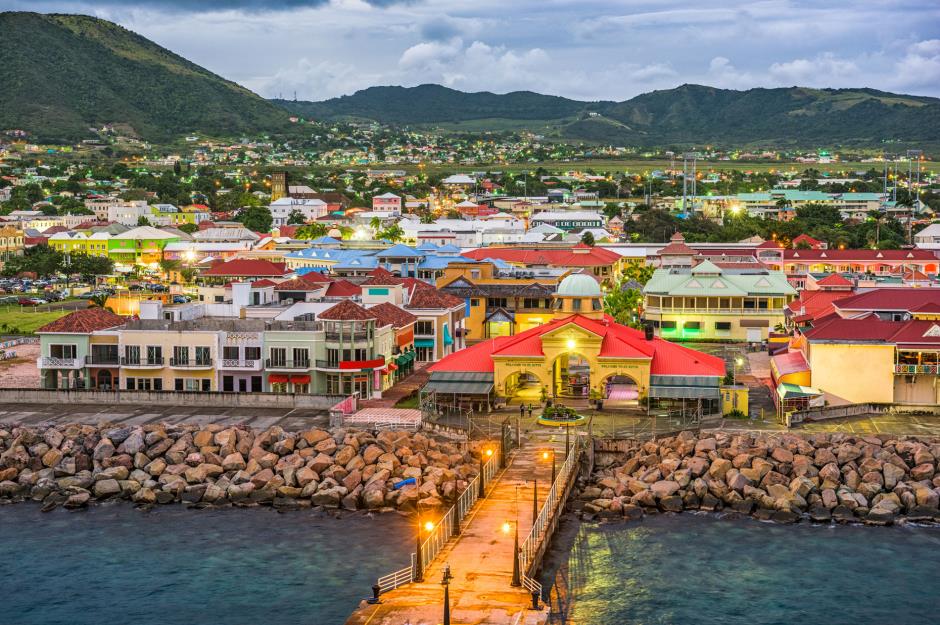
The original golden passport, St. Kitts' scheme has been running for decades. There are three options for applicants to consider starting with a $150,000 (£130,000) donation to the Sustainable Growth Fund, a $200,000 (£173,000) investment in a pre-approved real estate project or a $175,000 (£151,000) "alternative investment option" that supports the government's capital projects such as new housing or even prisons. This passport offers visa-free or visa-on-arrival travel to more than 150 countires and territories, including the UK and Switzerland.
St. Kitts and Nevis

The programme has attracted criticism for a lack of due diligence. In 2013, the government banned Iranian nationals from applying after it emerged officials from the country were buying passports to evade international sanctions. More recently, the St. Kitts authorities were slammed for granting citizenship to one of China's most wanted fugitives, fraudster Ren Biao.
Sponsored Content
Vanuatu
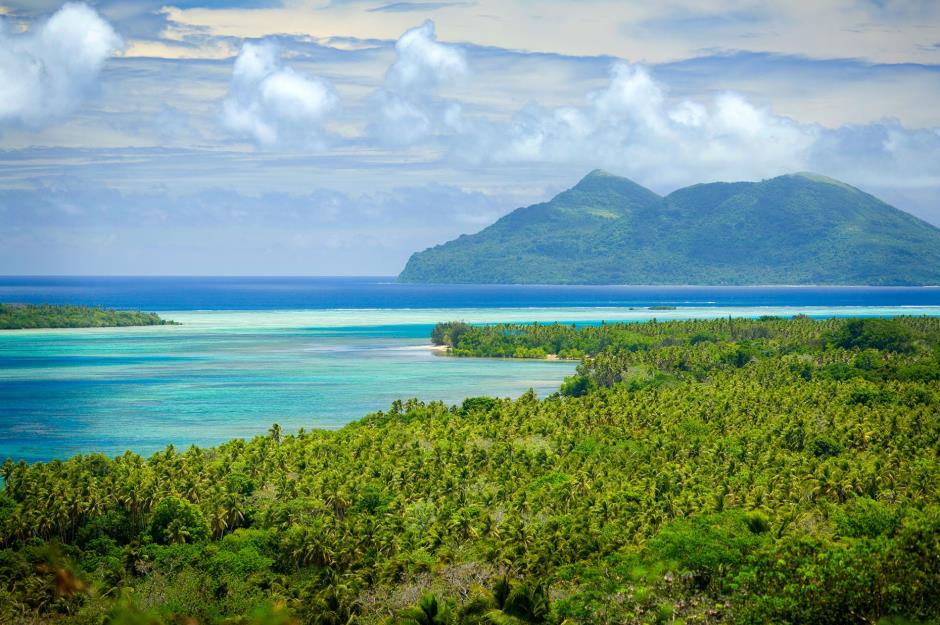
The tiny South Pacific island state of Vanuatu founded its CBI programme in 2015 to raise much-needed funds to rebuild the country following the devastating Cyclone Pam. Its golden passport is often promoted as one of the fastest and cheapest options, simply requiring a $130,000 (£112,000) donation. It's also developing a real estate option and started accepting cryptocurrency payments in 2021.
Vanuatu
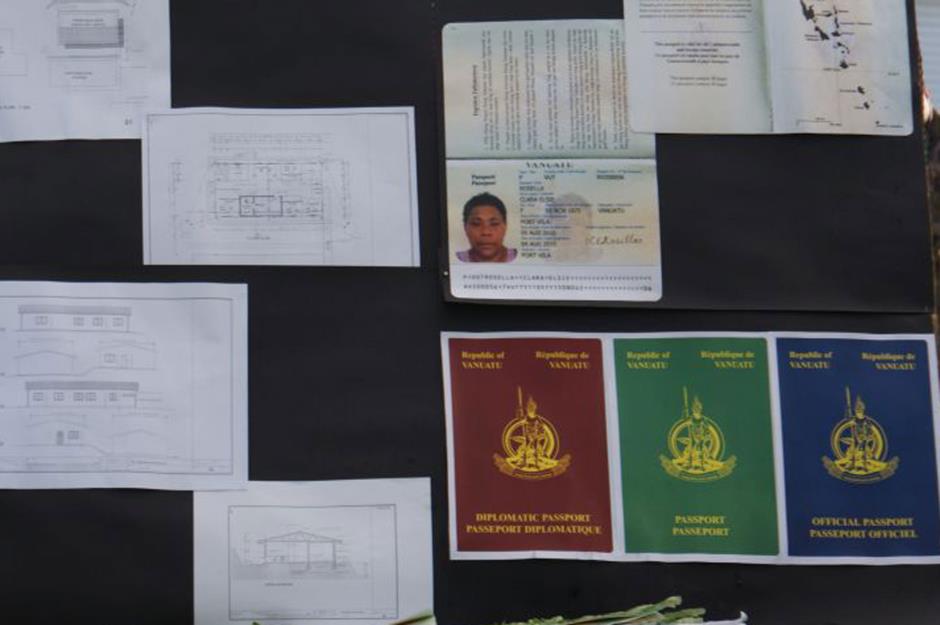
However, Vanuatu's new citizens have reduced visa-free travel options. The European Council annouced a partial suspension of the country's visa waver agreement due to its CBI scheme in March. This only affects citizens of Vanuatau holding ordinary passports issued since 25 May 2015 — essentially all golden passport holders. The council questioned the reliability of the programme's security and due diligence screening processes, and reported it was granting citizenship to applicants listed in Interpol's databases. Vanuatu has until February 2023 to address the council's concerns before it reassesses the ban.
Cambodia
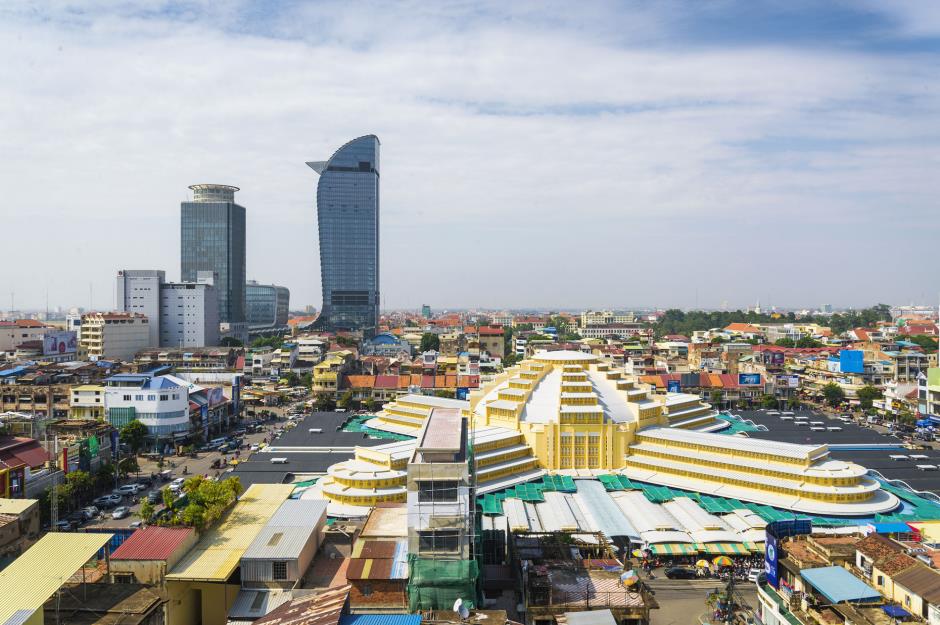
Cambodia's CBI programme is enshrined in the country's constitution and has been going since the late 1990s. It offers "expedited" naturalisation for those who donate $245,000 (£212,000) to the government or are willing to invest $305,000 (£264,000) in approved projects. There is also a language and local history requirement.
Sponsored Content
Cambodia
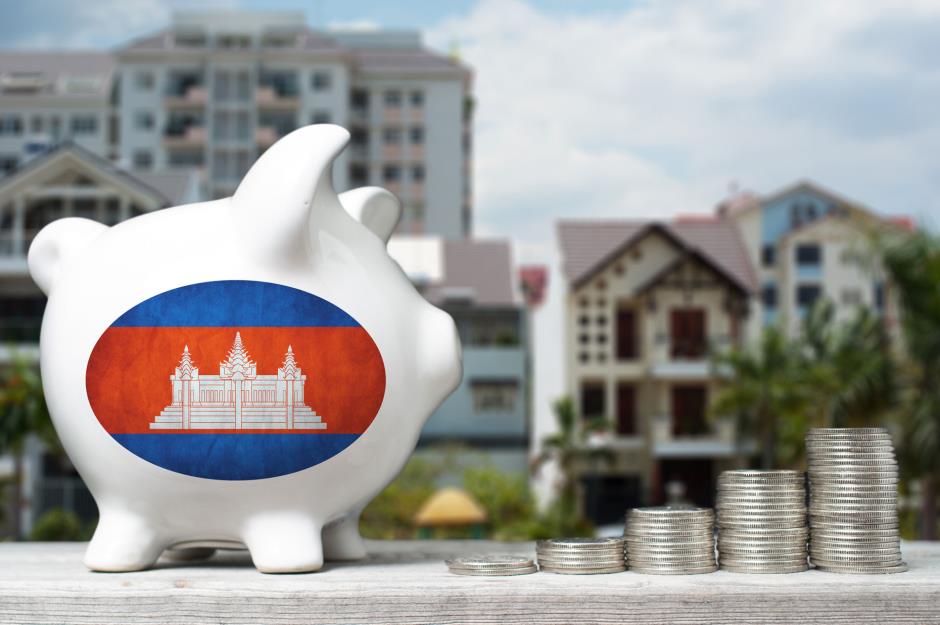
A Cambodian passport isn't the best travel document, though. Visa-free access is restricted to around 50 countries and territories, none of which are in Europe or North America. Citizenship tends to be taken up by people who want to invest in real estate rather than roam the world with ease.
Turkey
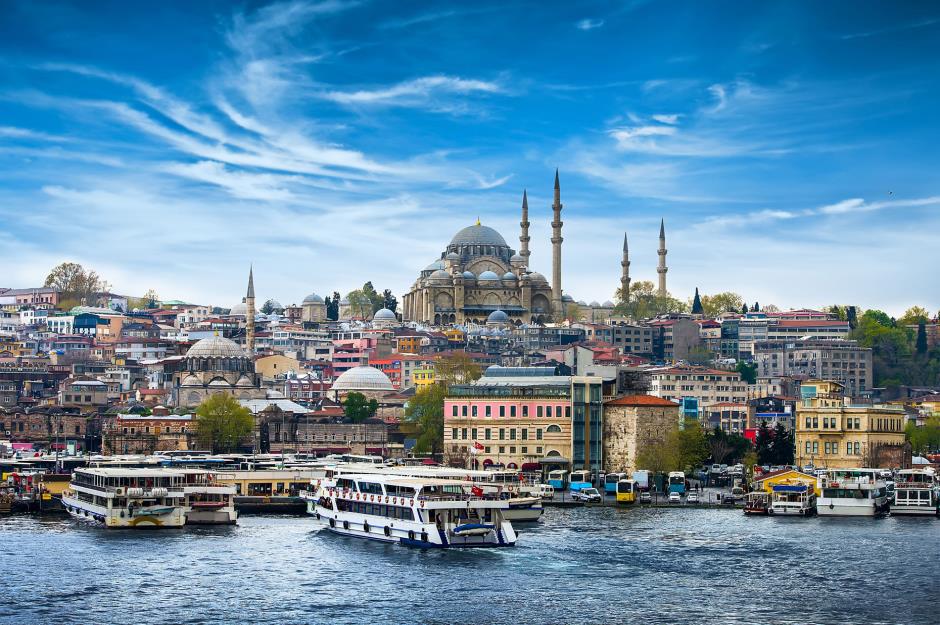
Turkey launched its CBI programmed in 2017 and has expanded it to offers several options for investment. Applicants can consider buying $400,000 worth of real estate, depositing $500,000 into a Turkish bank account, or committing $500,000 in government bonds or a private pension system. There are also options for fixed captial contributions, real estate investment fund shares or venture capital investment fund shares, which all required a $500,000 minium. A final option is to create jobs for at least 50 people, as verified by the government. Applications take around four months to process.
Turkey
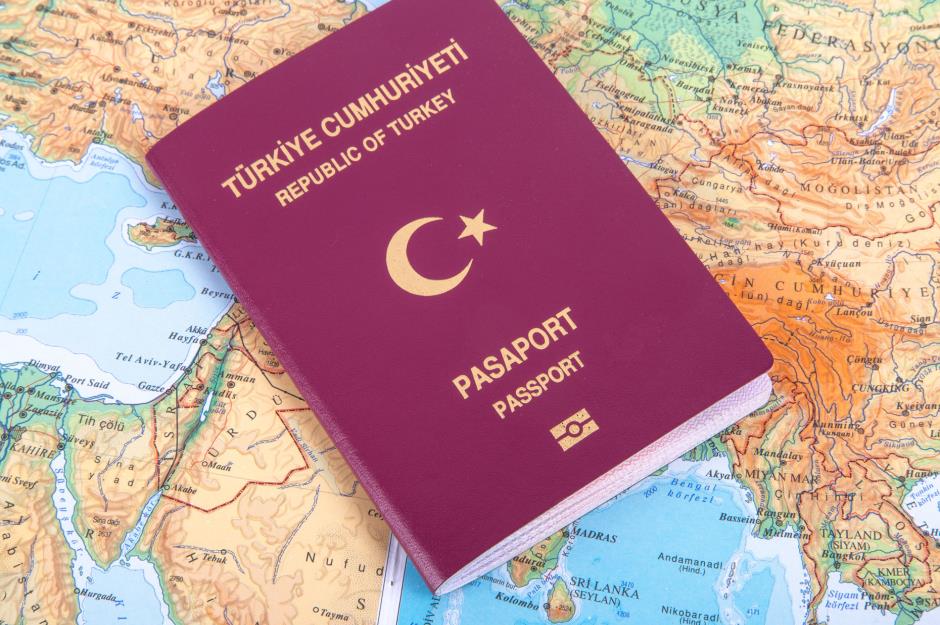
The programme is said to be popular with nationals from Middle Eastern countries and has seen an increasing volume of applications in general. However, it's got vocal opponents in Turkey who have called on the government to end the programme. A Turkish passport doesn't provide visa-free travel in the EU or the US, but holders of these golden passports can apply for the US' E-2 visa.
Sponsored Content
Malta
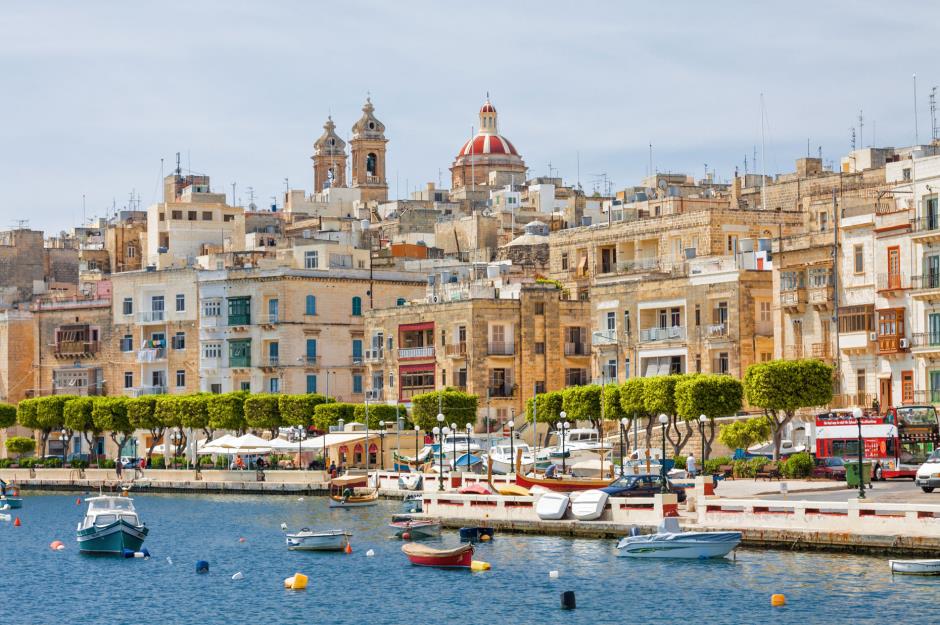
Malta launched its CBI programme in 2014 and following pressure from the EU, which frowns upon member states selling passports, has introduced stricter requirements. Currently applicants must make a €600,000 ($596,000/£537,000) investment, buy a residential property worth at least €700,000 ($696,000/£603,000), make a donation of €10,000 ($9,900/£8,600) to an approved local charity and reside in Malta for three years. Althought that can be reduced down to one year in "exceptional circumstances," but it costs an extra €150,000 ($149,000/£129,000).
Malta
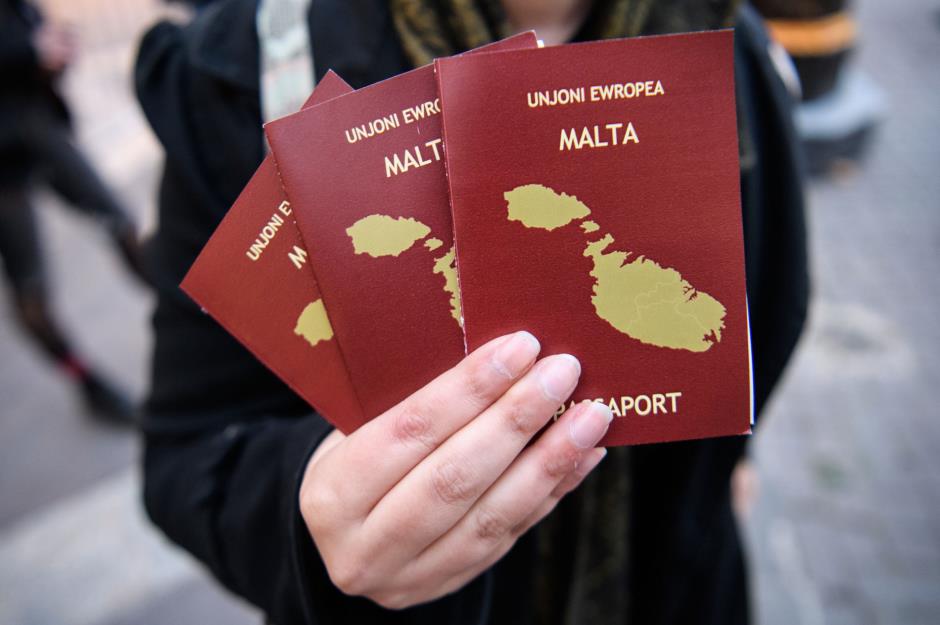
Highly desirable, a Maltese passport offers EU citizenship and visa-free travel to 185 countries and territories, including the USA and Canada. Candidates are screened rigorously but abuses of the programme have been uncovered. In 2021, a multi-agency investigation discovered investors exploited loopholes to avoid residency requirements by renting empty properties including yachts.
Austria
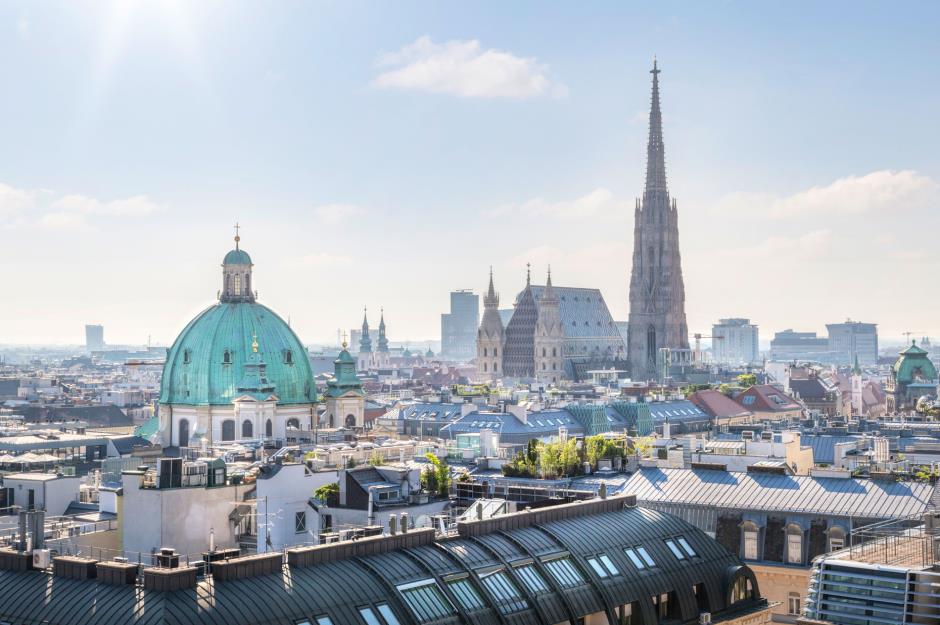
Sponsored Content
Austria
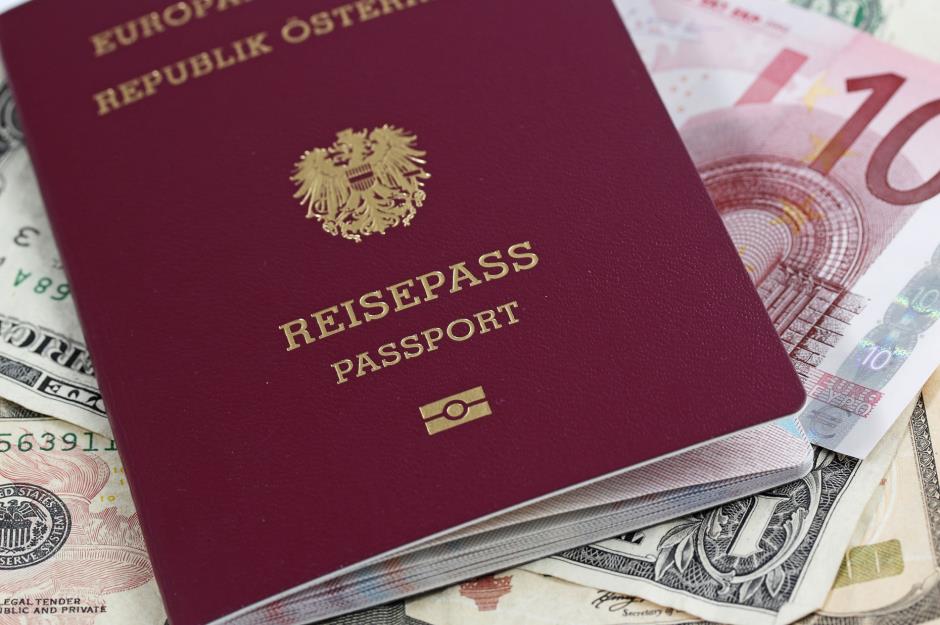
Residency by investment (RIP)
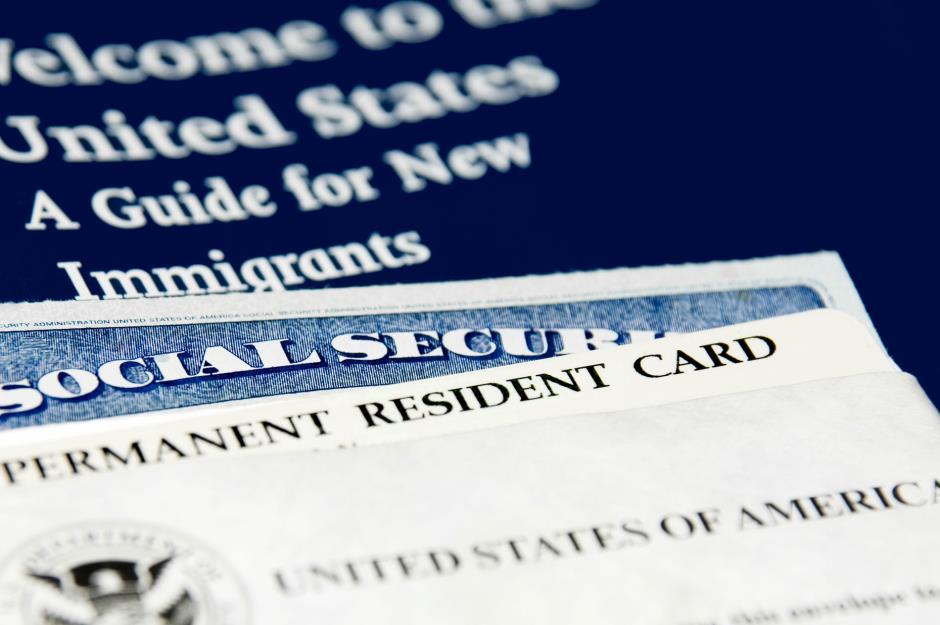
Panama
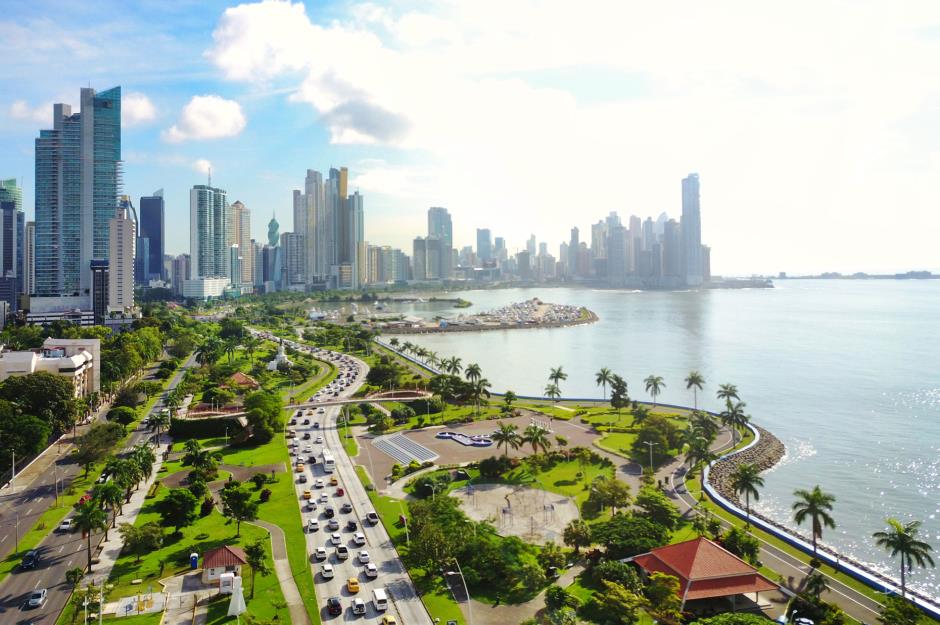
Sponsored Content
Panama
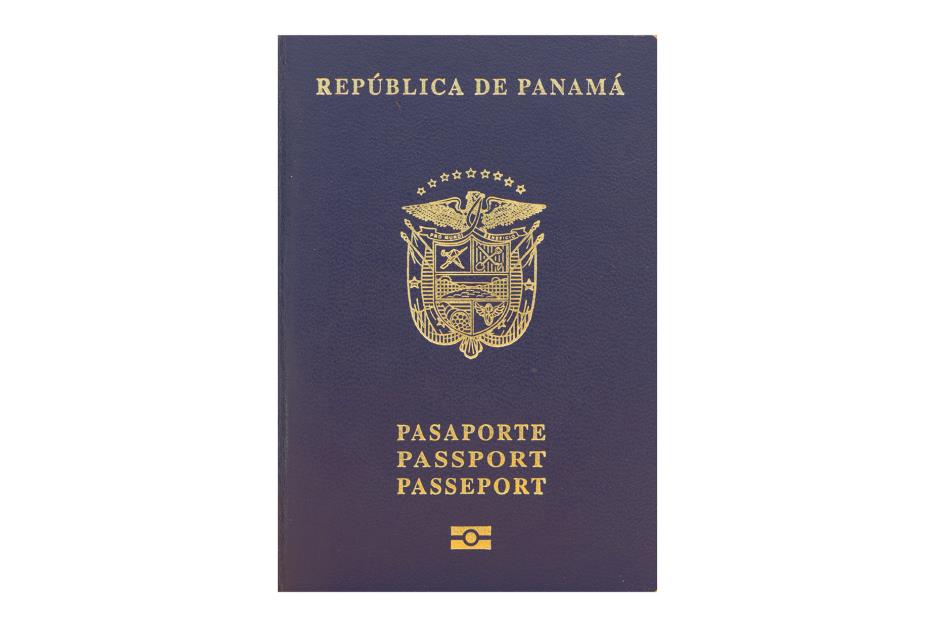
Hungary
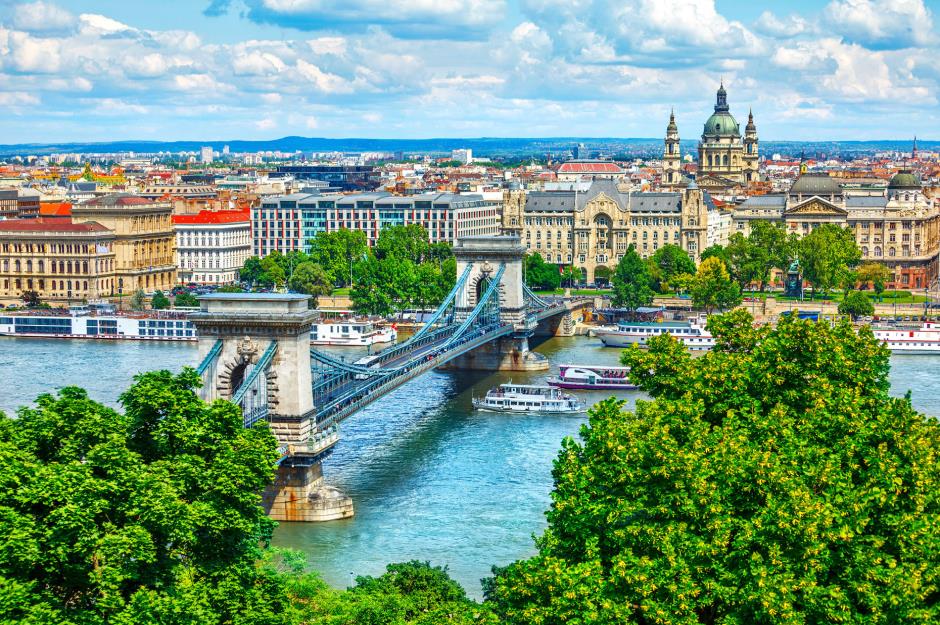
Hungary
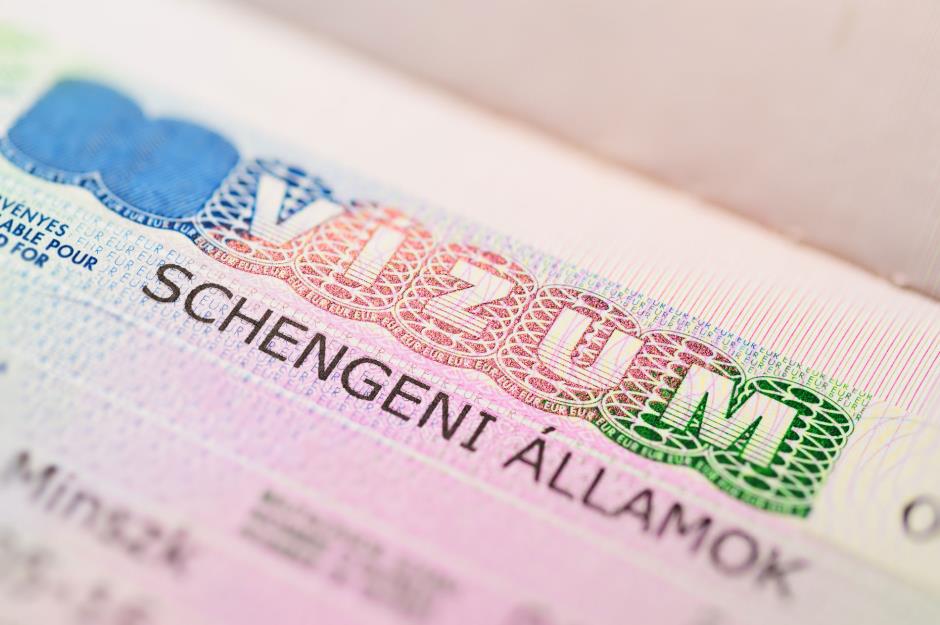
Sponsored Content
Colombia
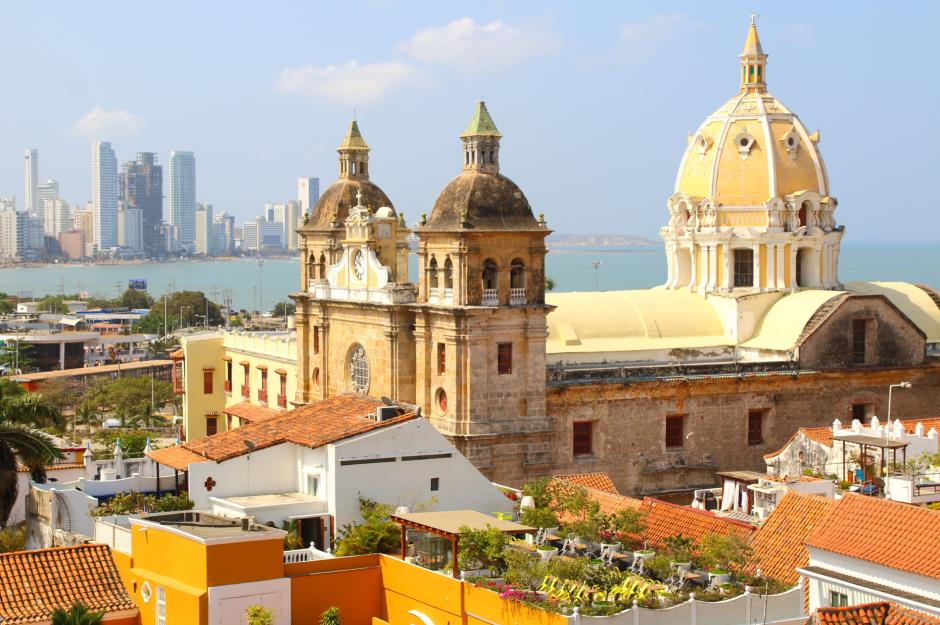
Colombia
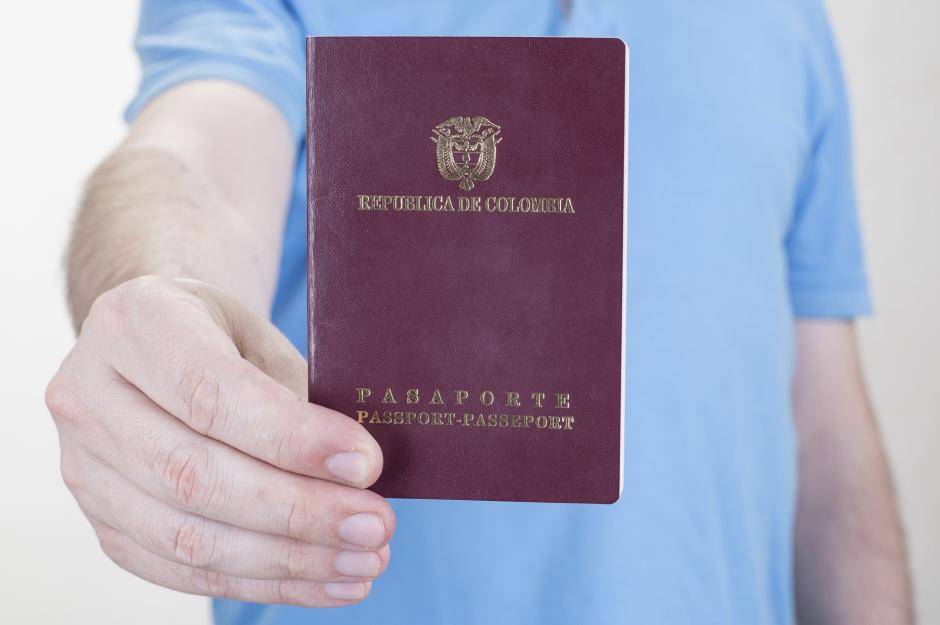
Thailand
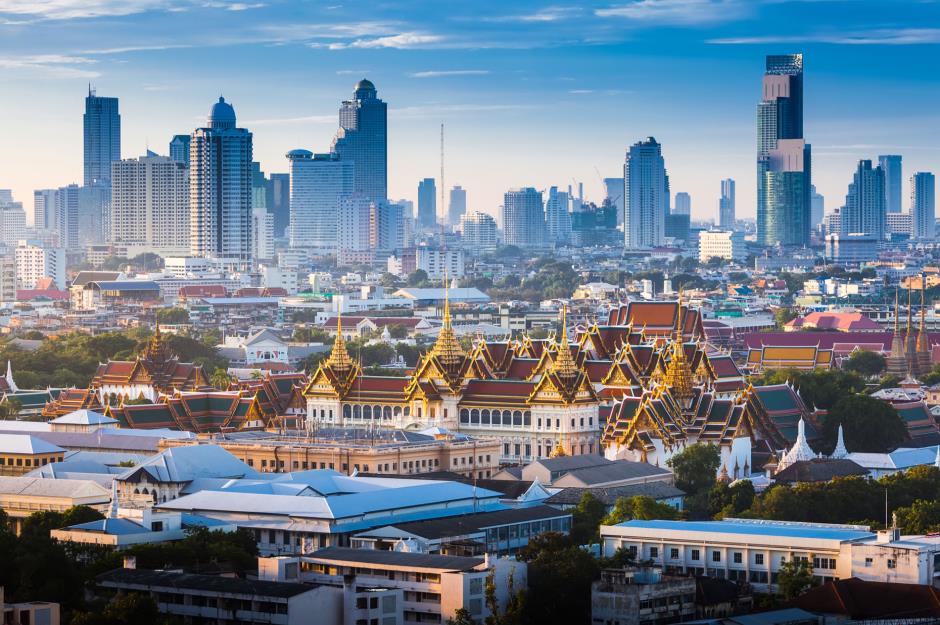
Sponsored Content
Thailand

Philippines
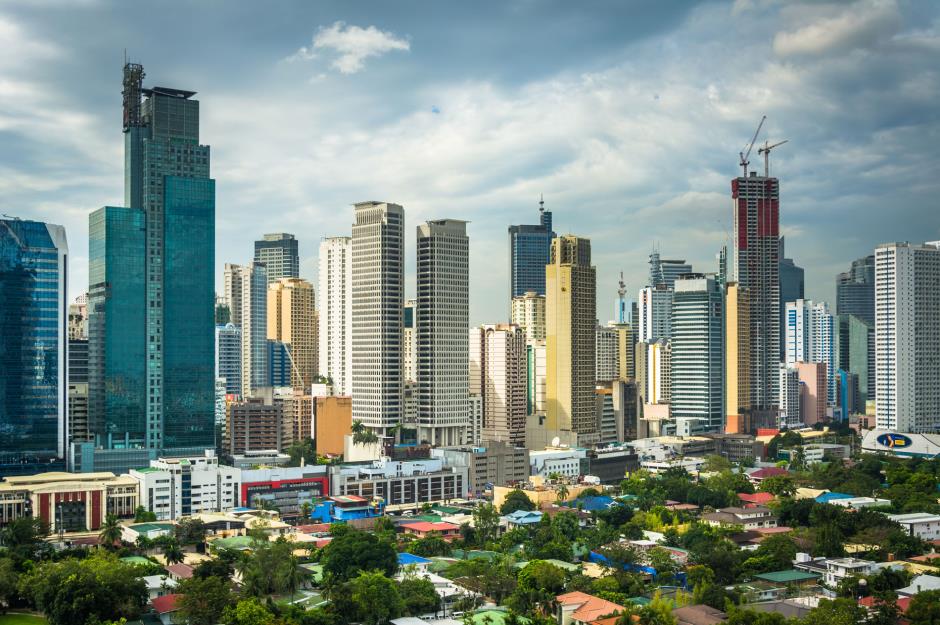
Philippines
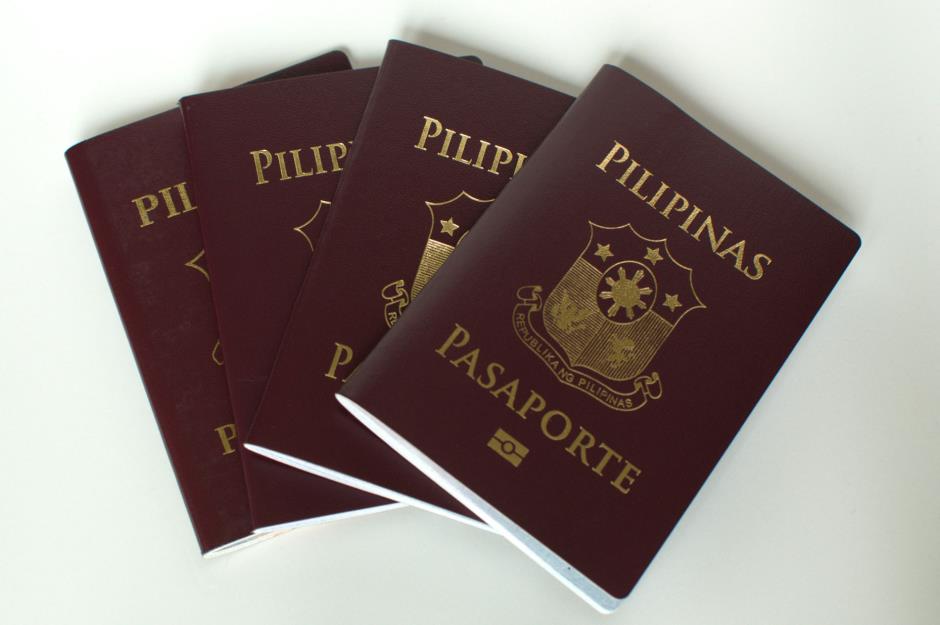
Sponsored Content
Latvia
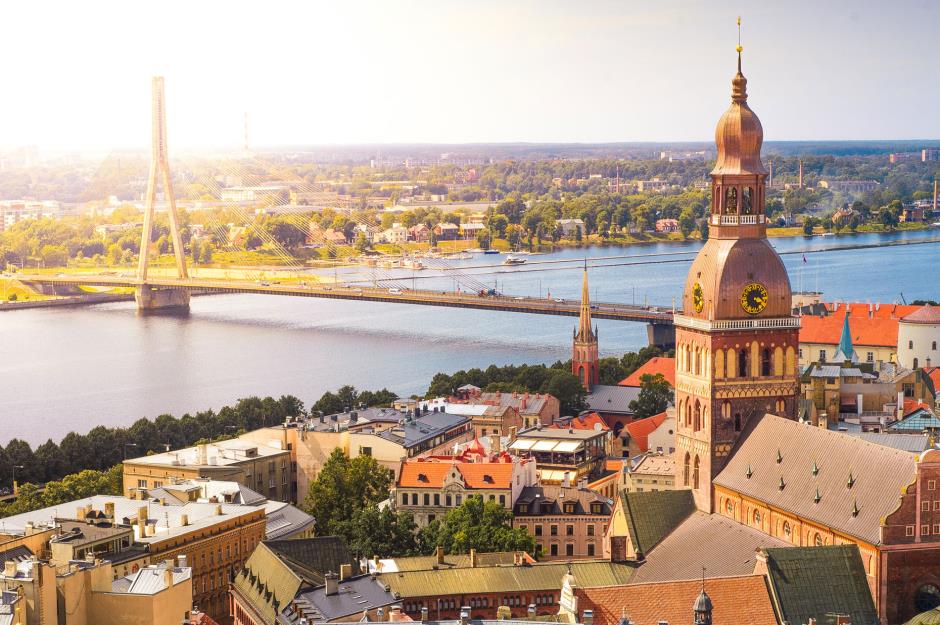
Latvia
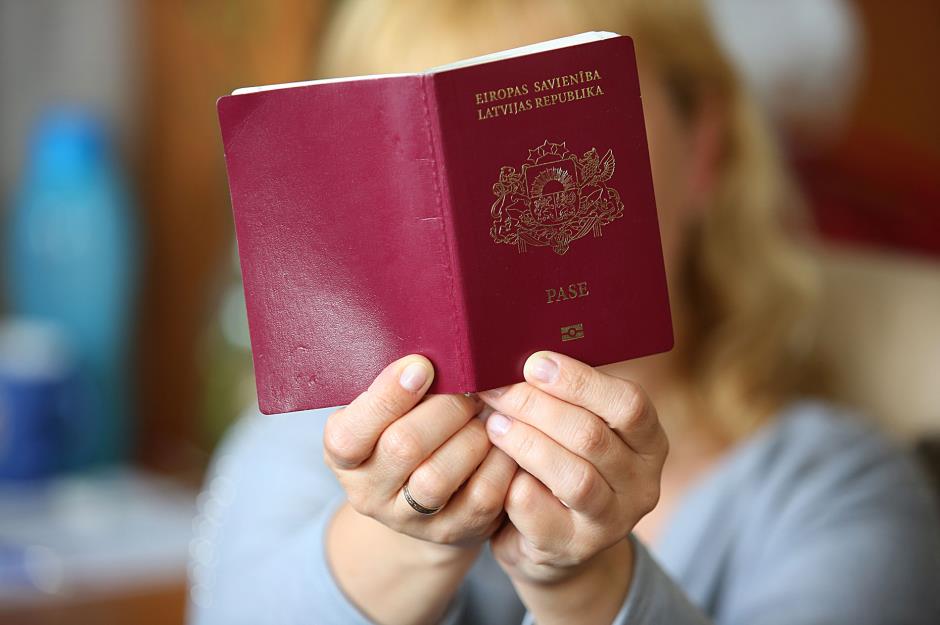
Fiji
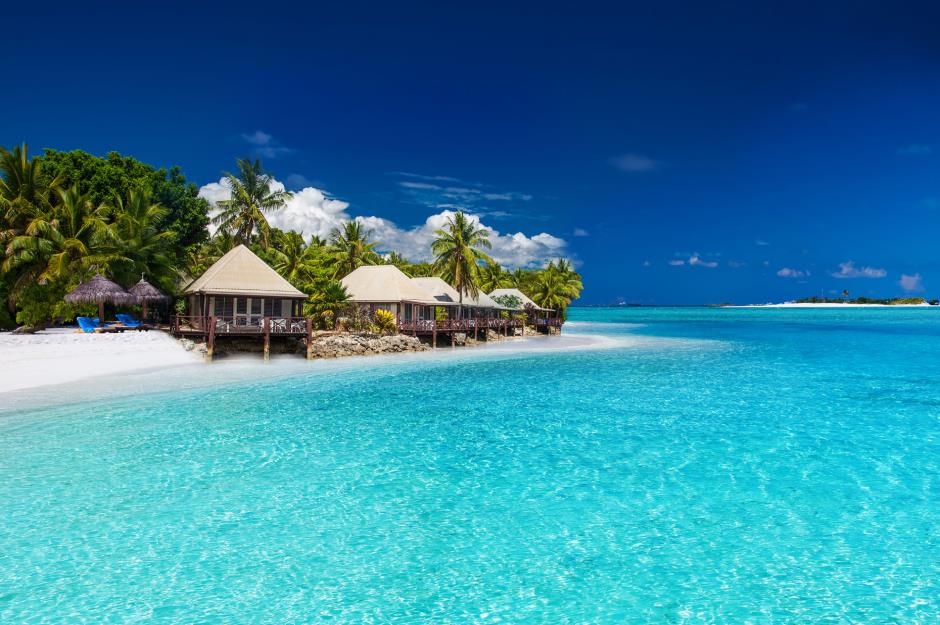
Sponsored Content
Fiji
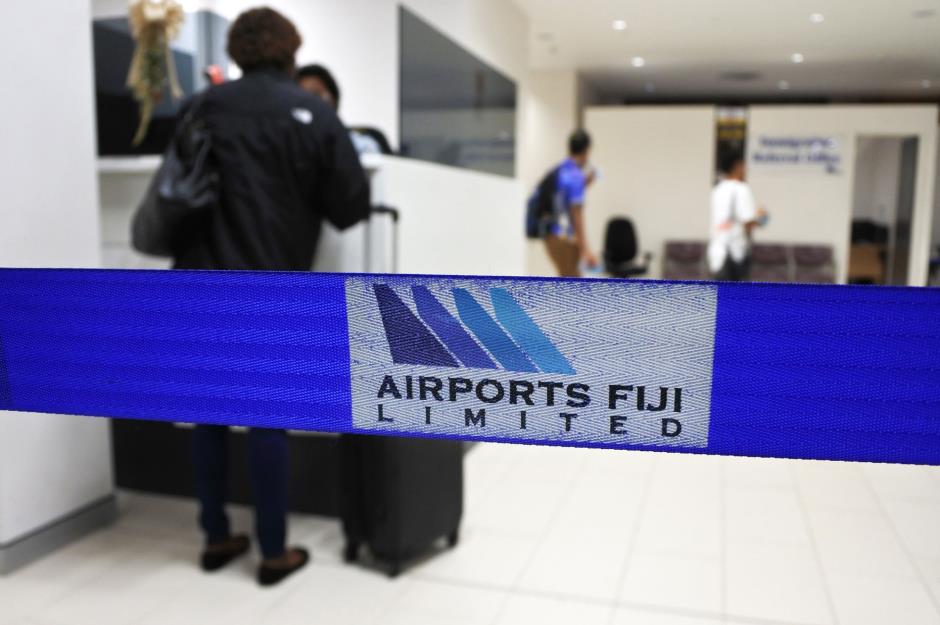
Brazil
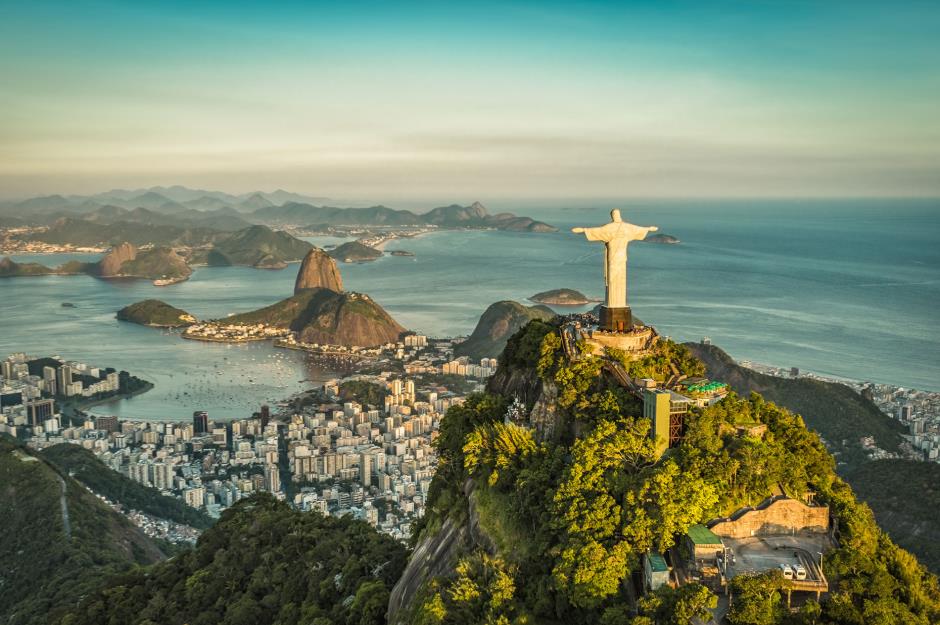
Brazil
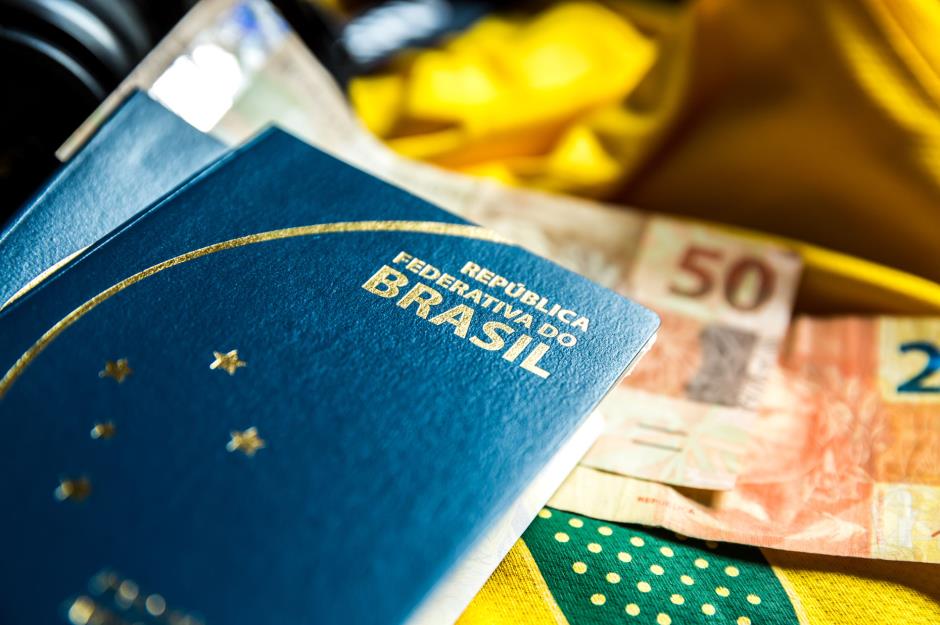
Sponsored Content
UK
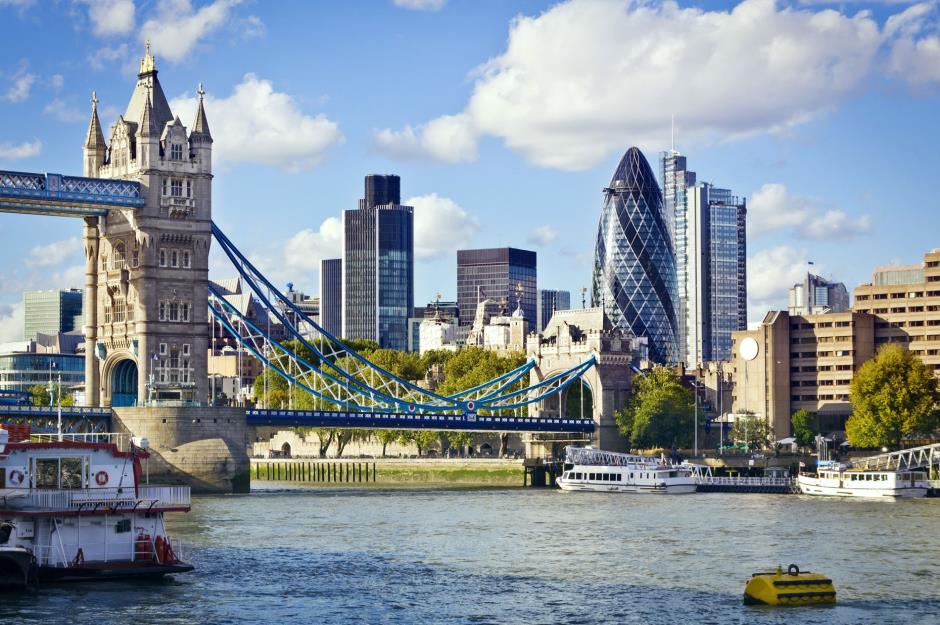
UK

Greece
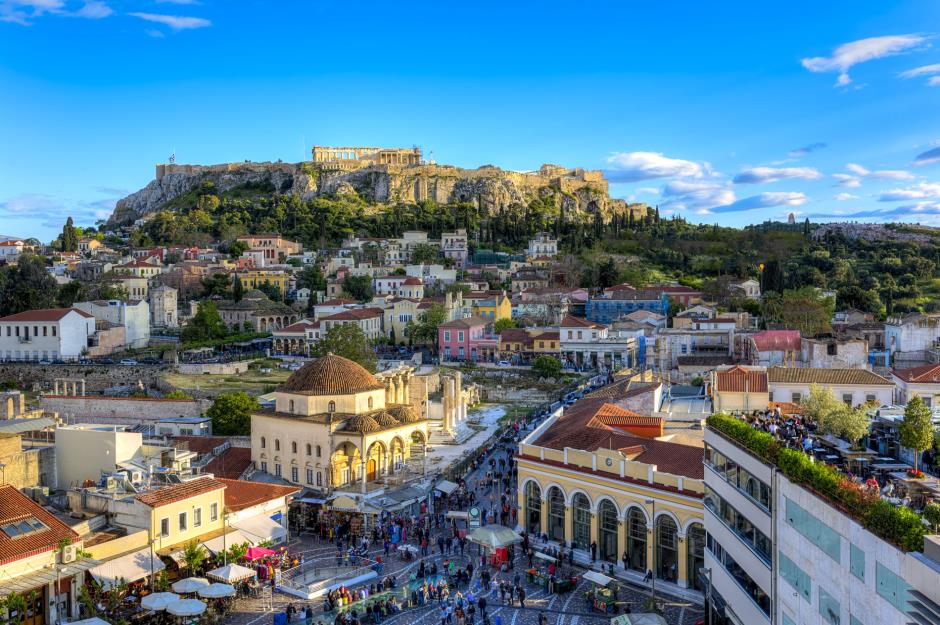
Sponsored Content
Greece
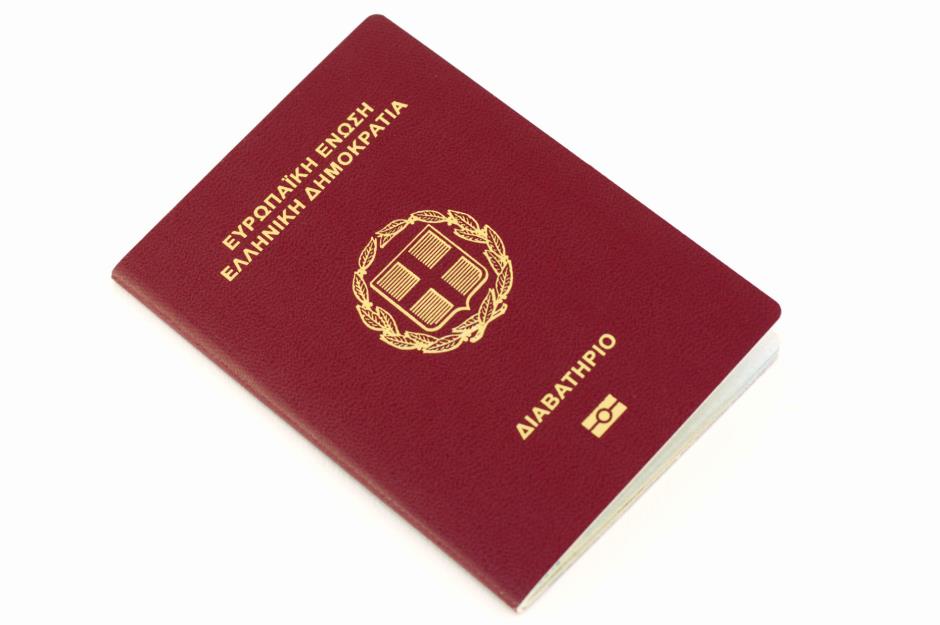
Germany
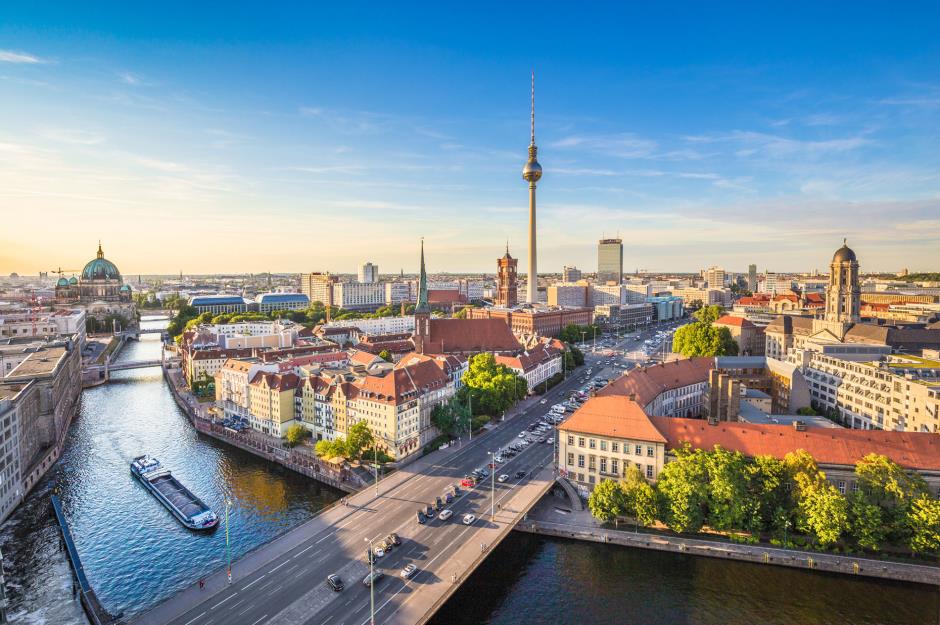
Germany
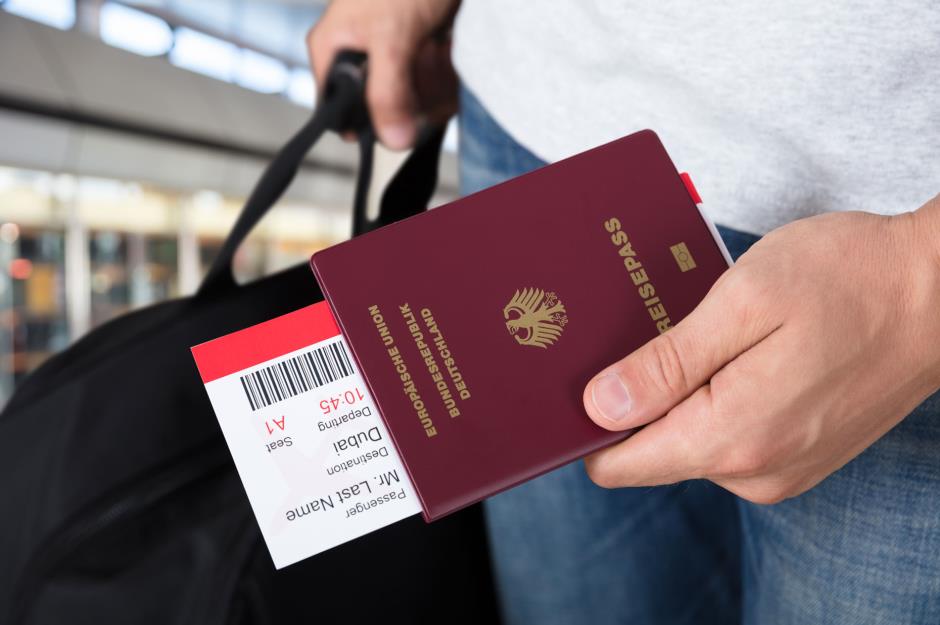
Sponsored Content
France
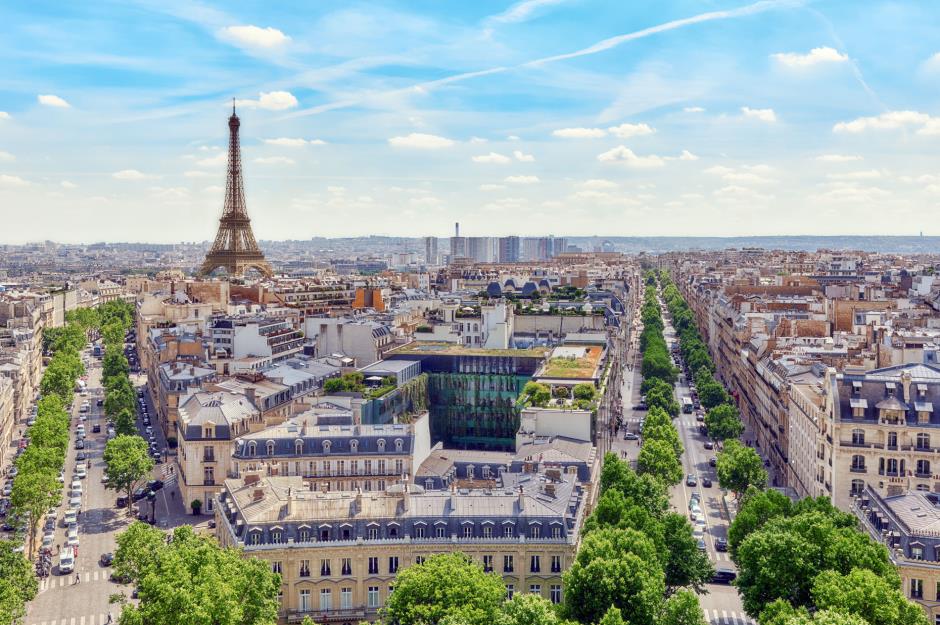
France
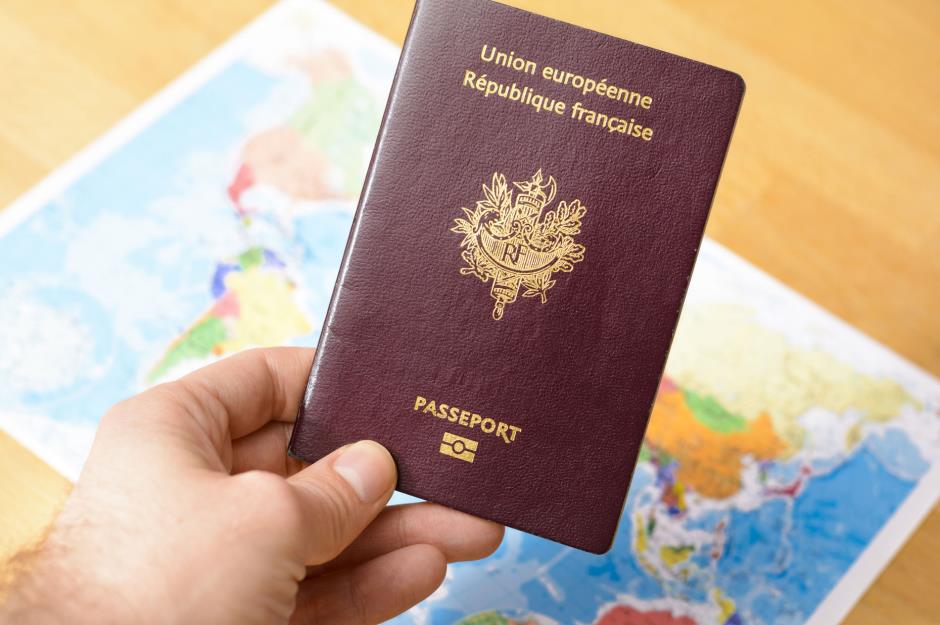
Belgium
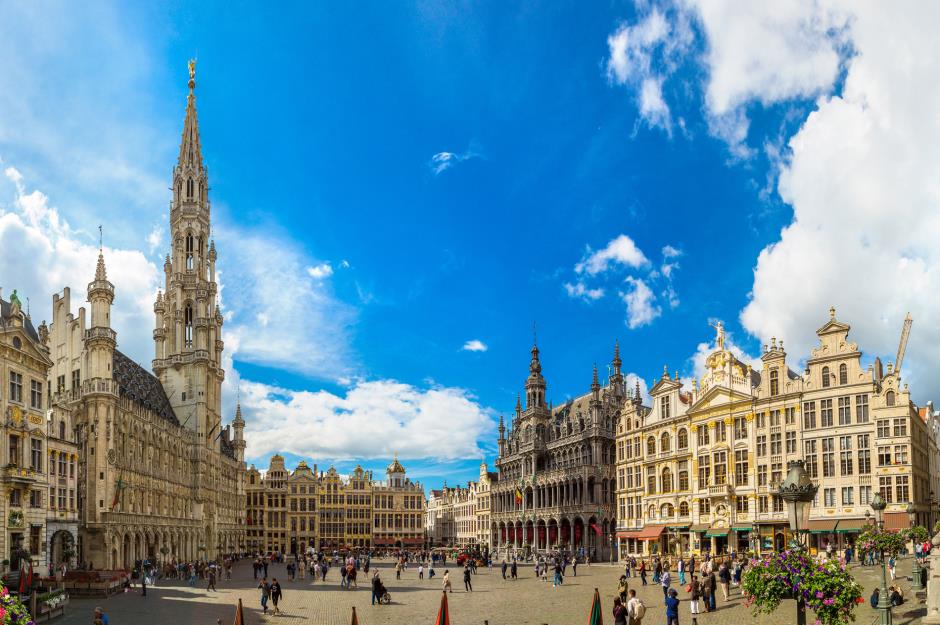
Sponsored Content
Belgium
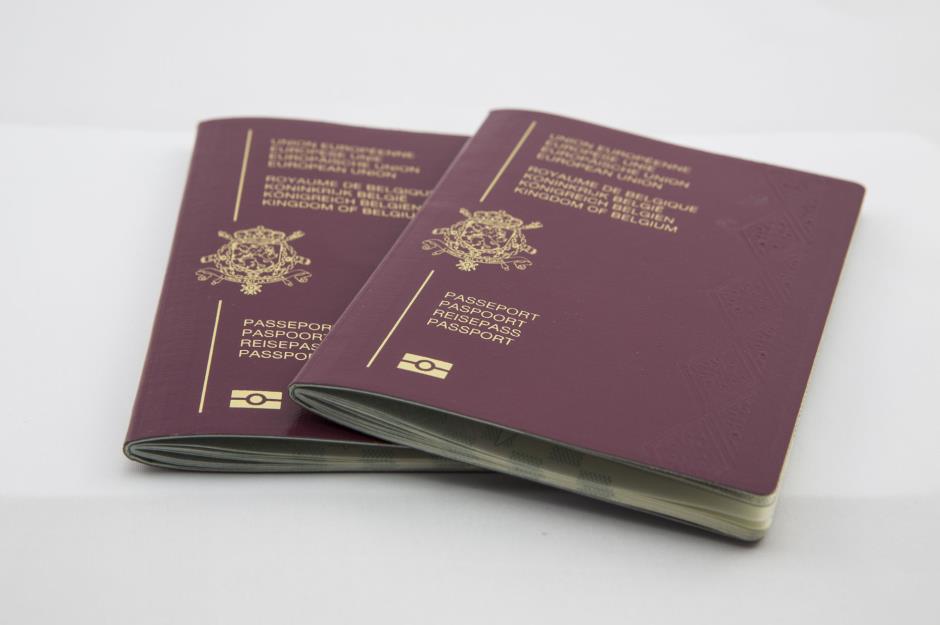
Portugal
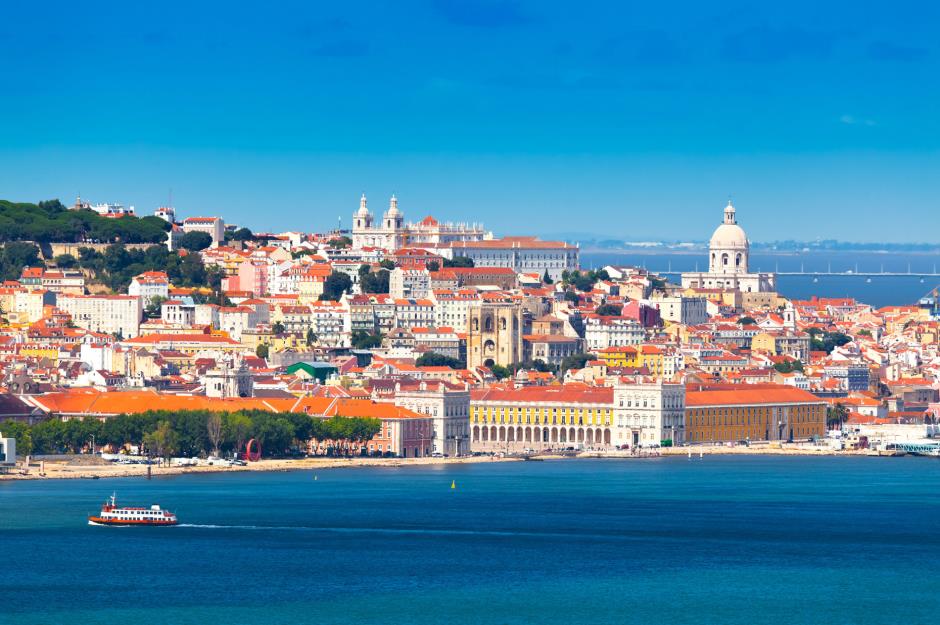
Portugal

Sponsored Content
Andorra
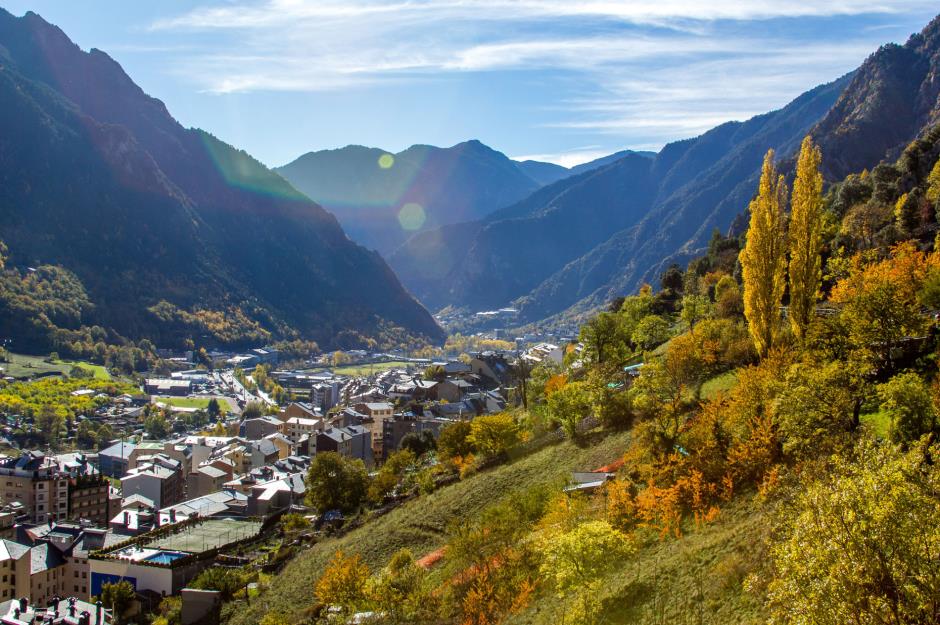
Andorra
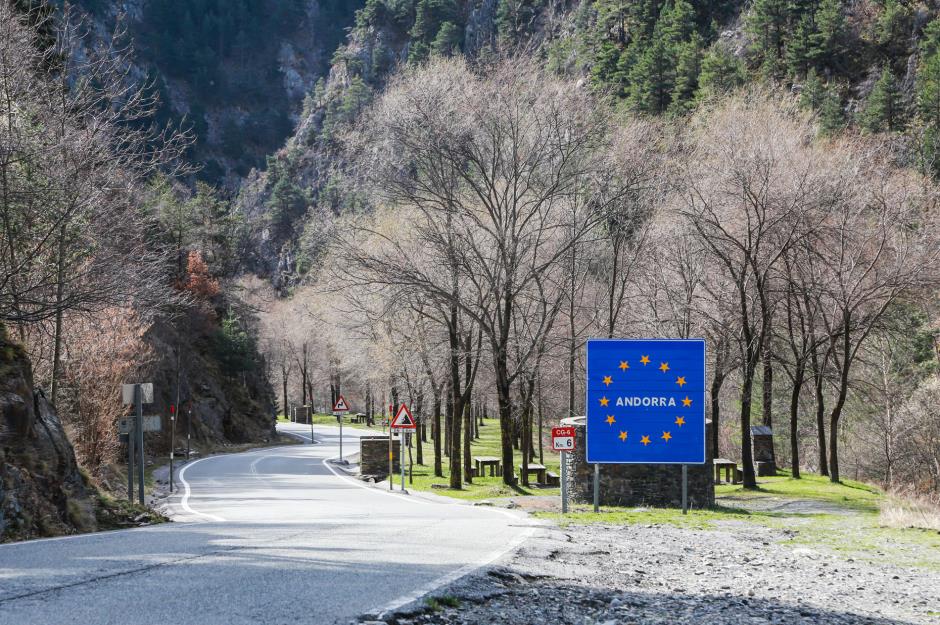
Bahamas
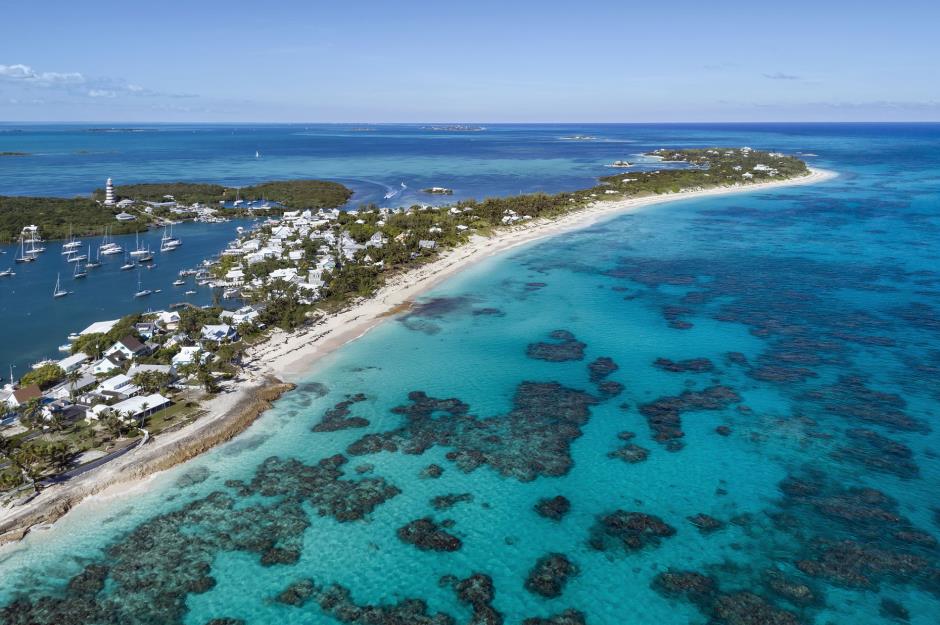
Sponsored Content
Bahamas
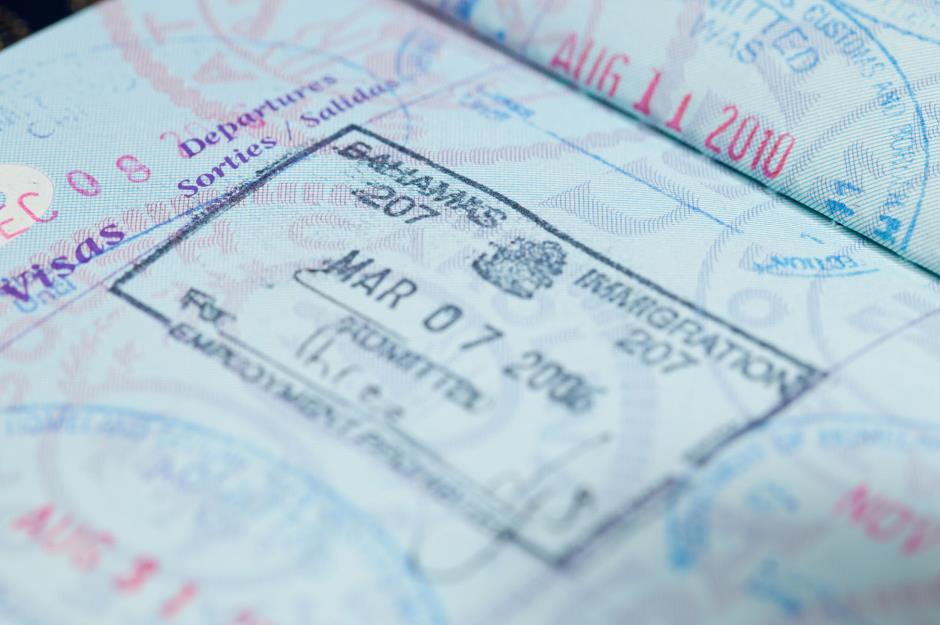
Canada
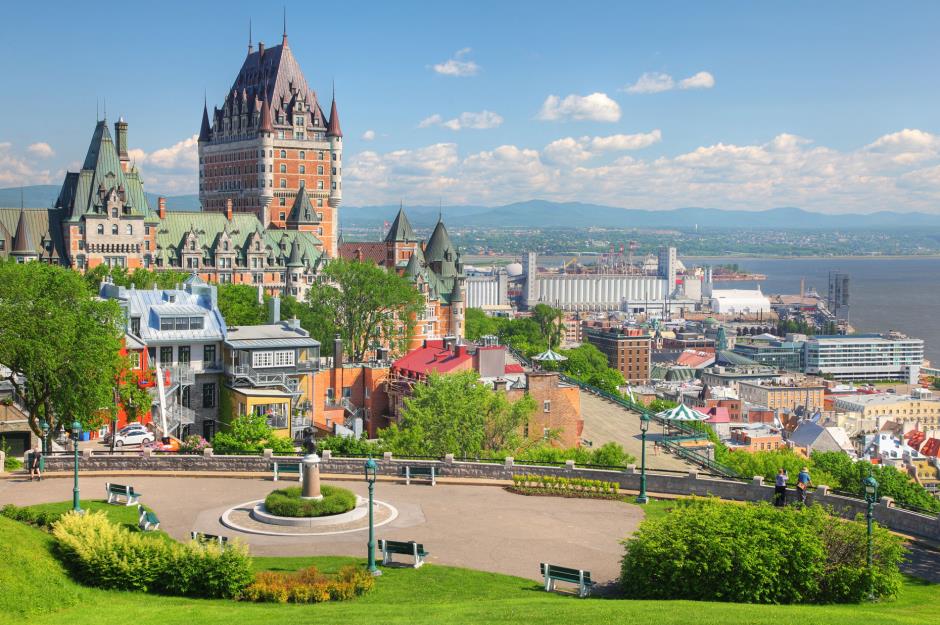
Canada
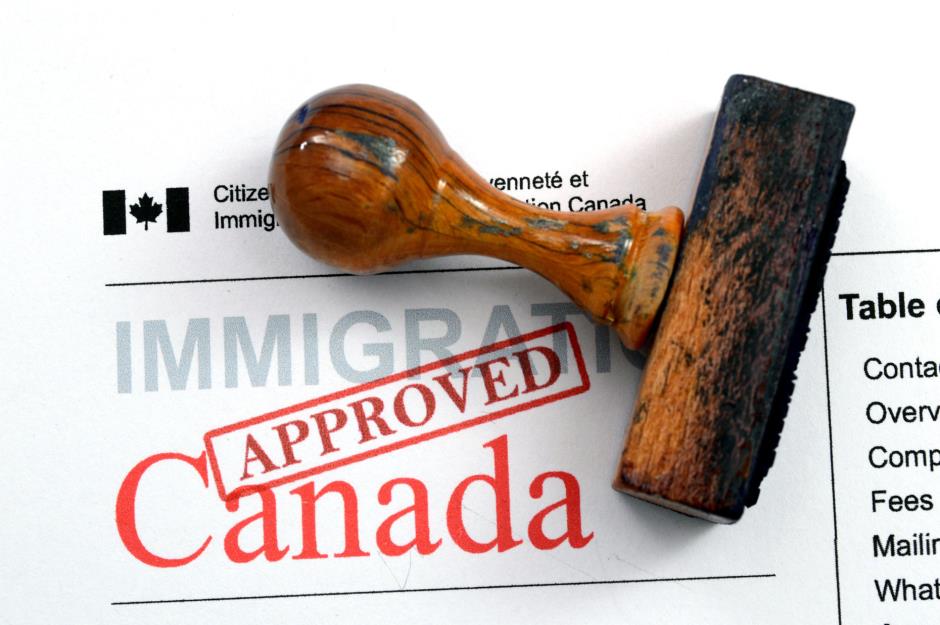
Sponsored Content
USA

USA

Mauritius
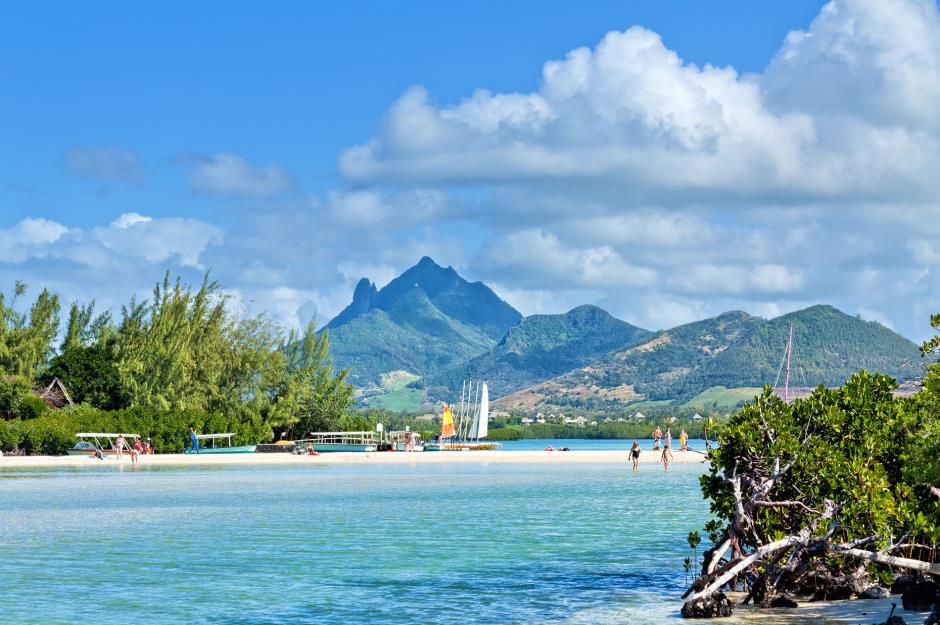
Sponsored Content
Mauritius
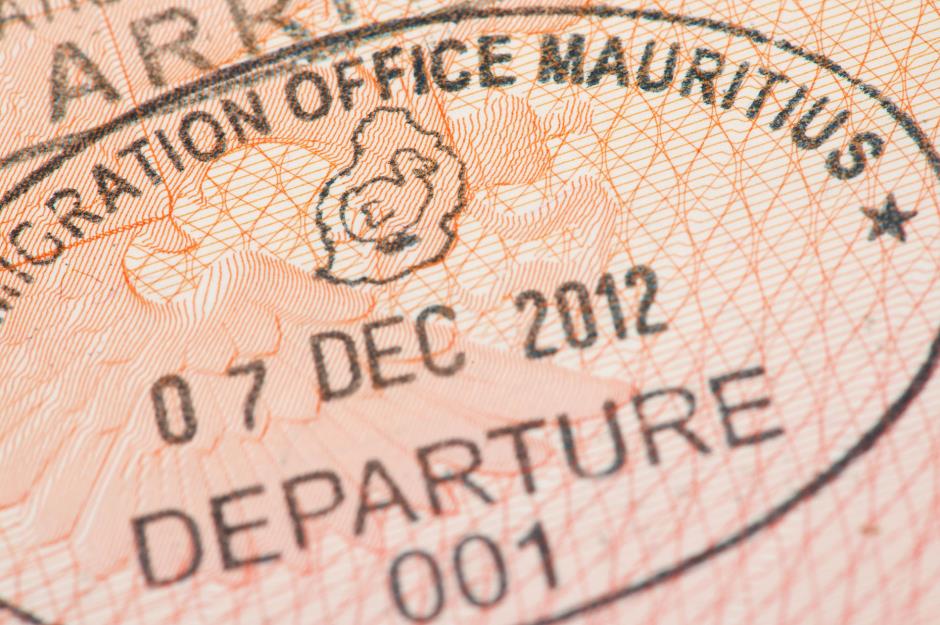
Montenegro
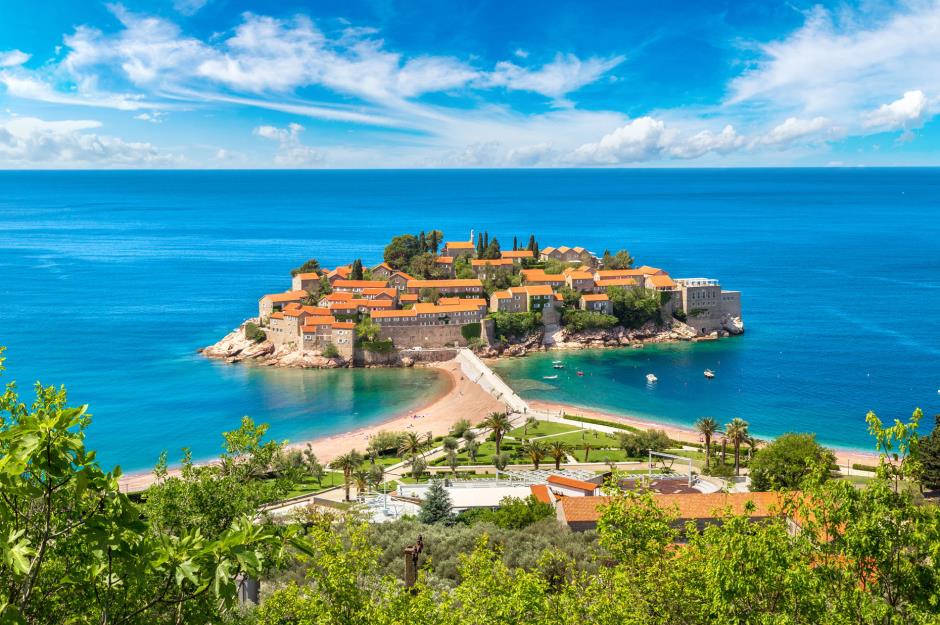
Montenegro
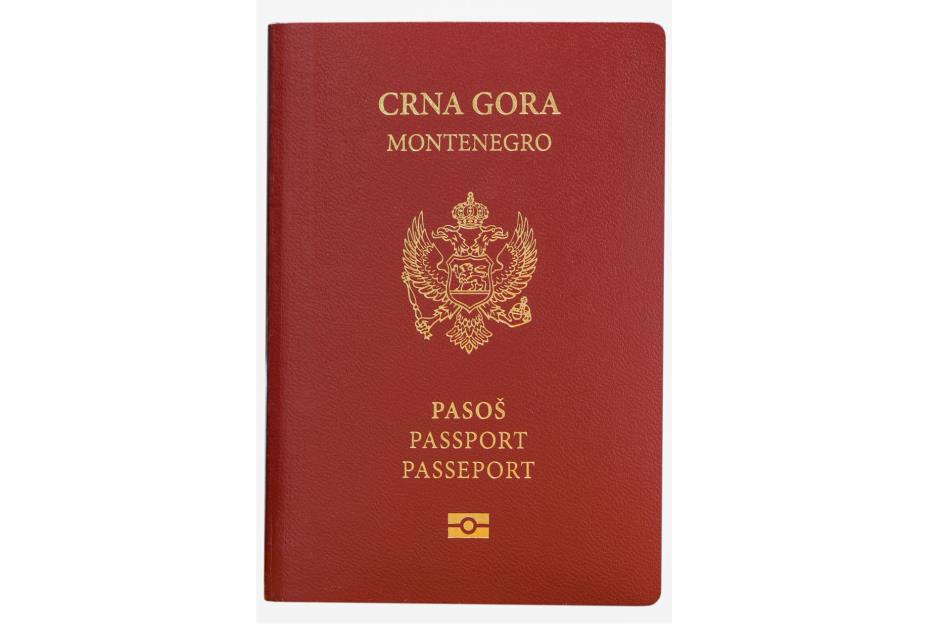
Sponsored Content
Spain
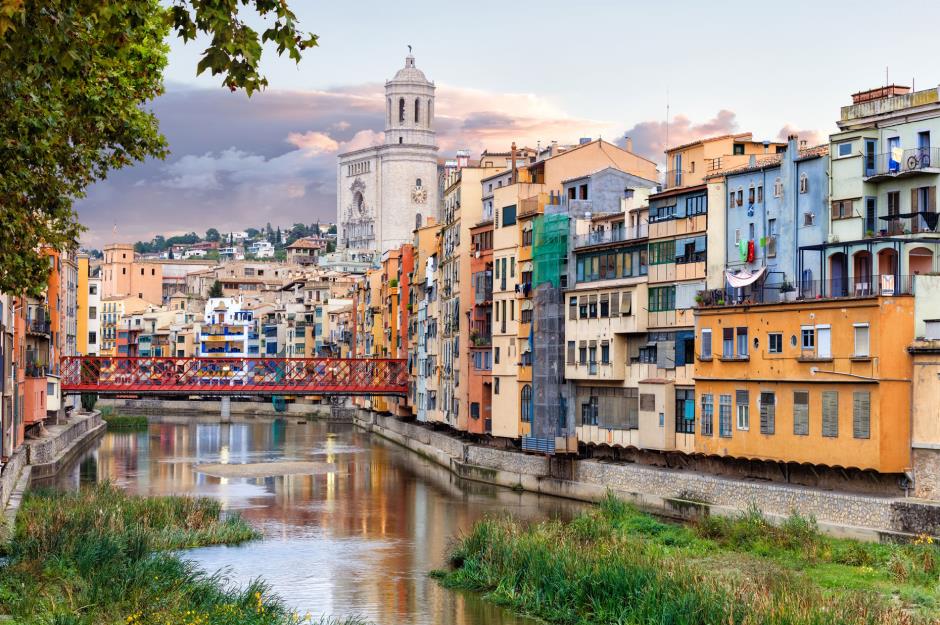
Spain
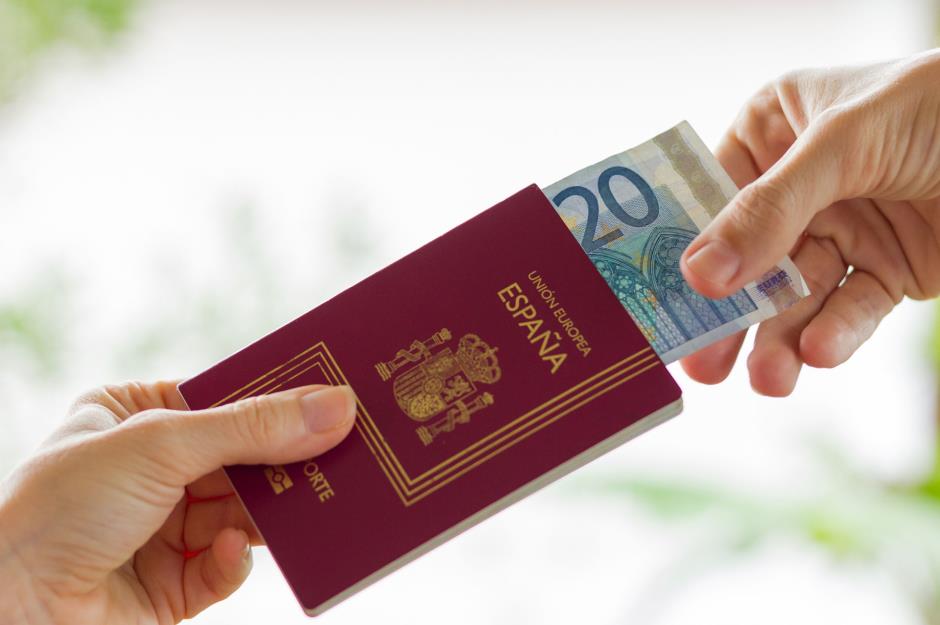
Italy
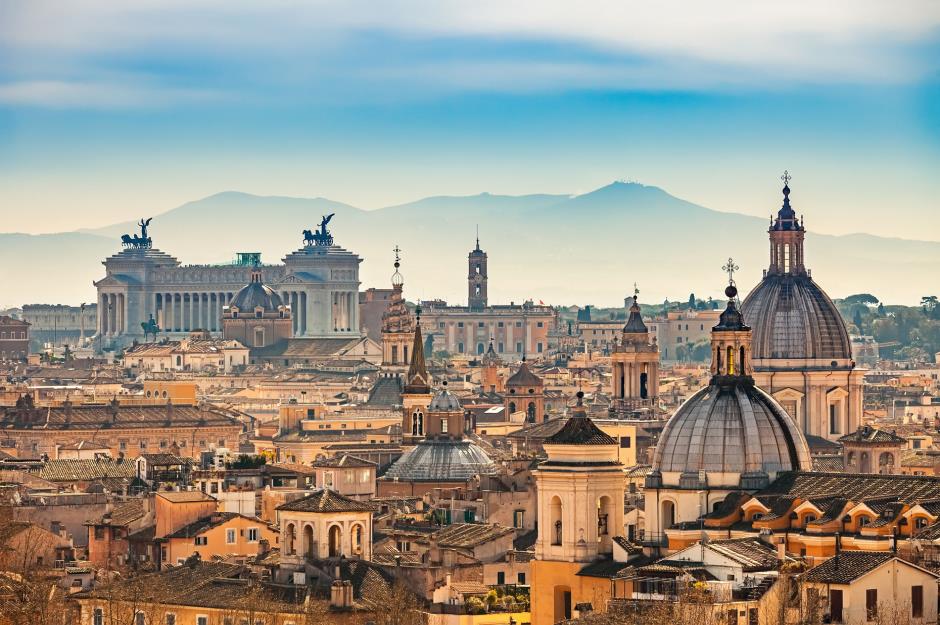
Sponsored Content
Italy
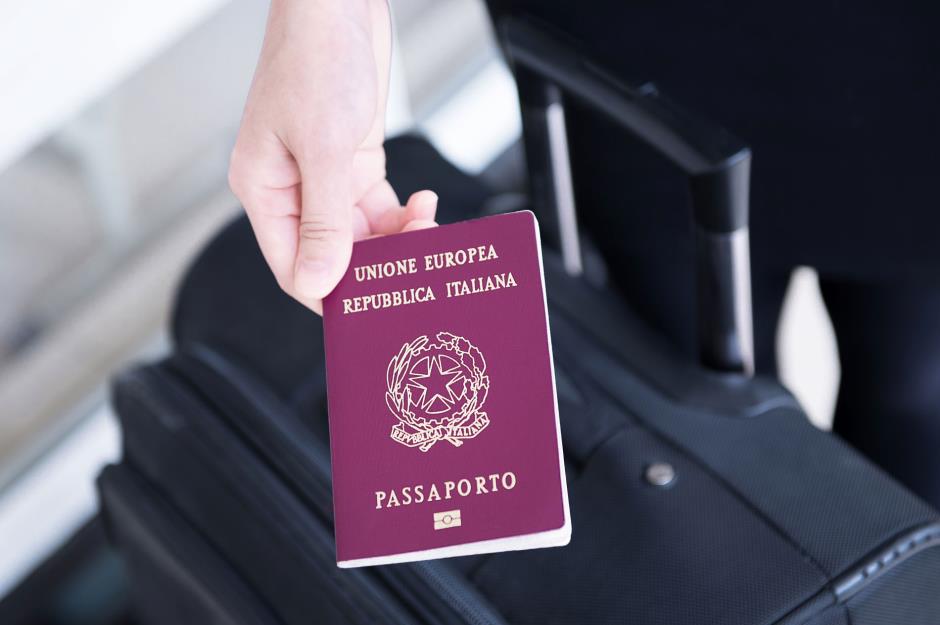
Bulgaria
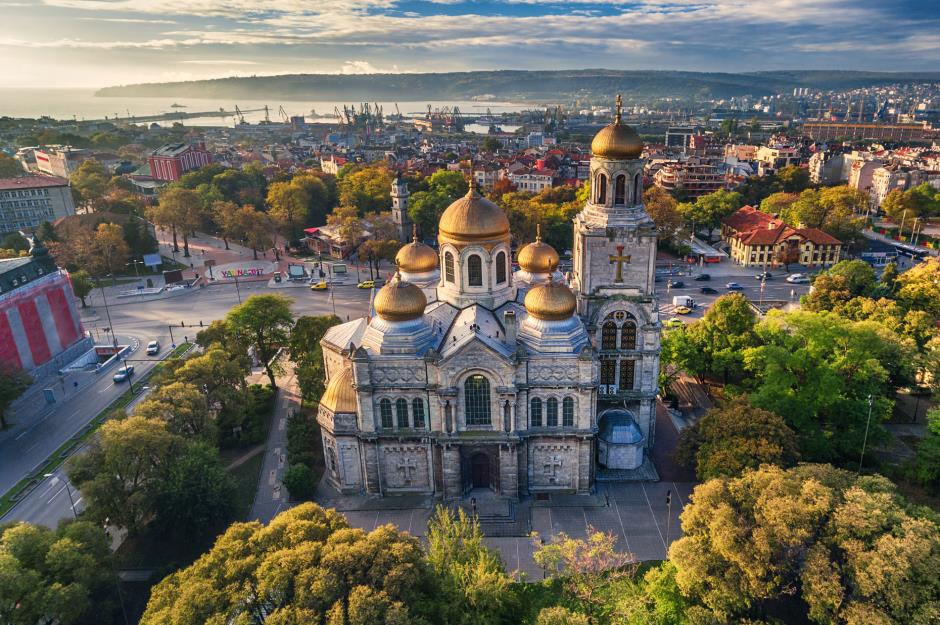
Bulgaria
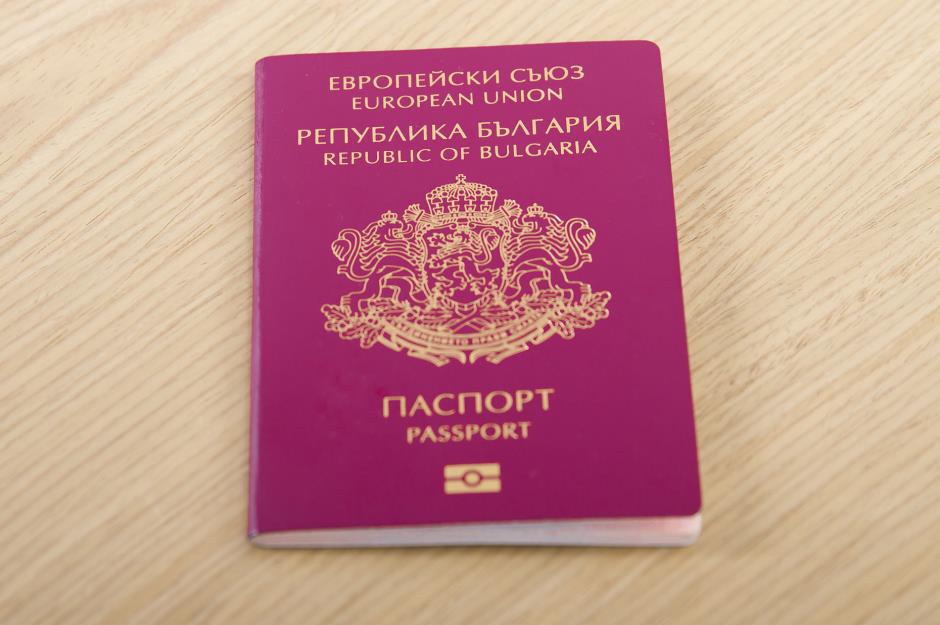
Sponsored Content
Hong Kong
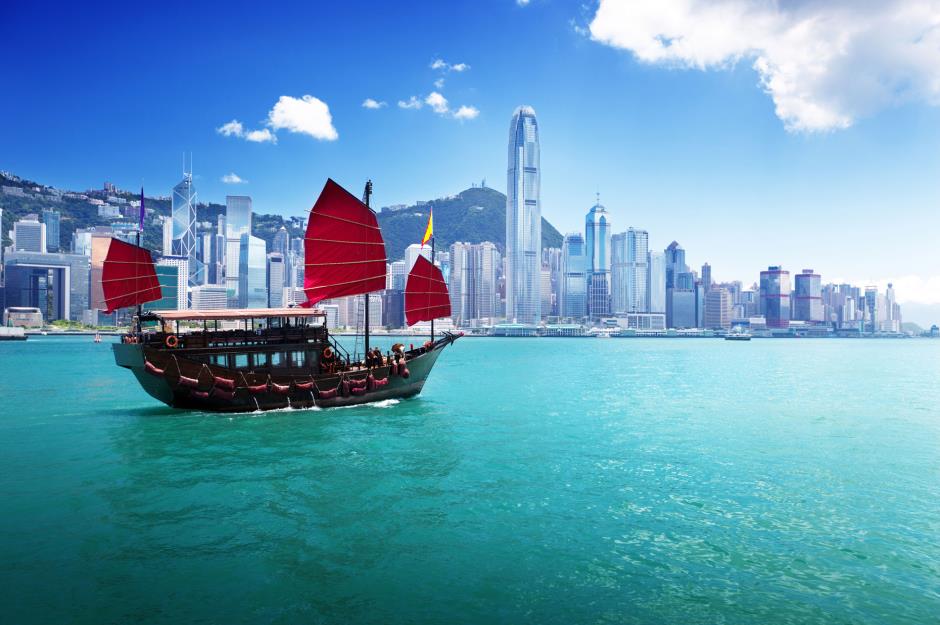
Hong Kong
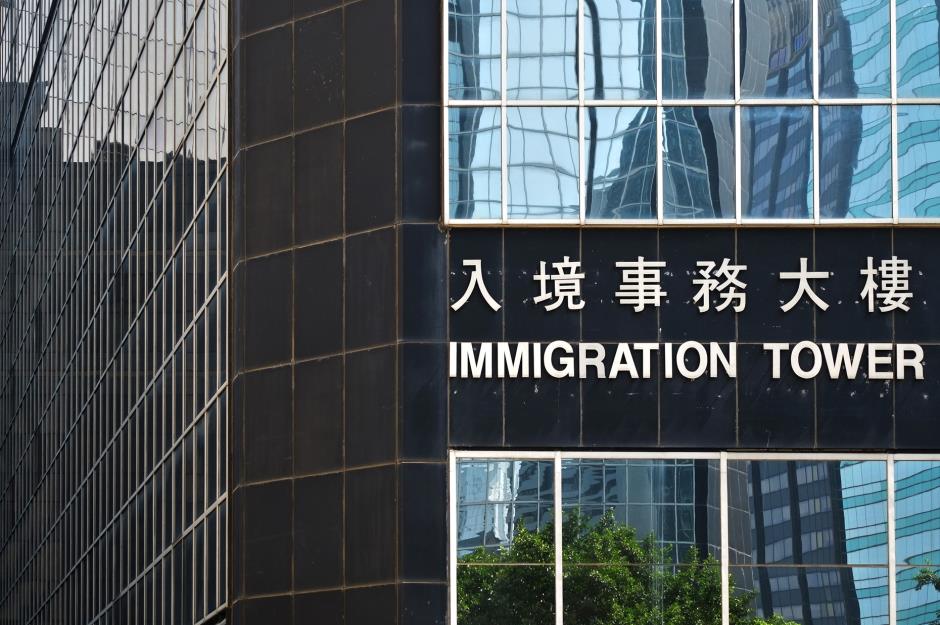
Seychelles
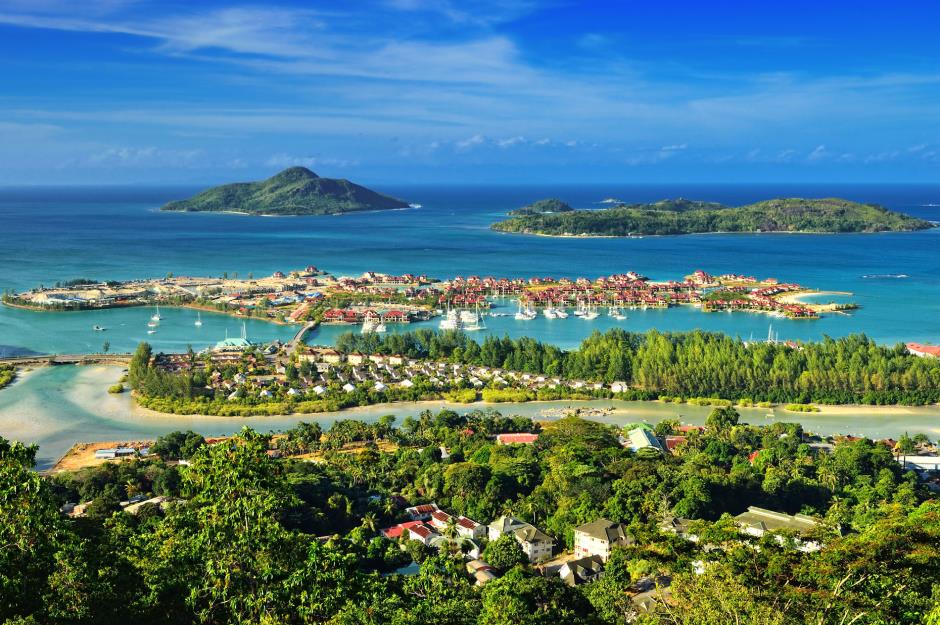
Sponsored Content
Seychelles
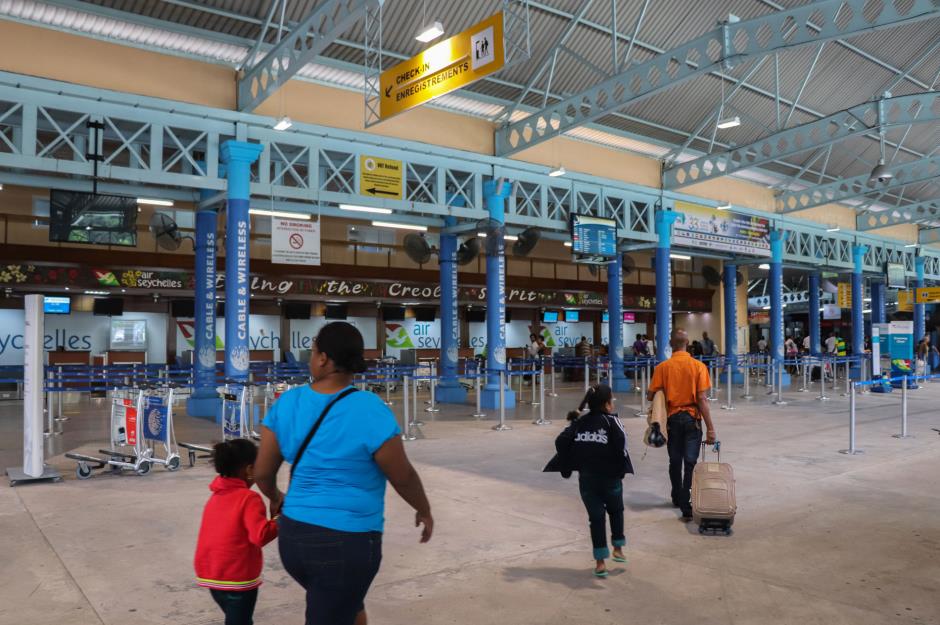
Switzerland
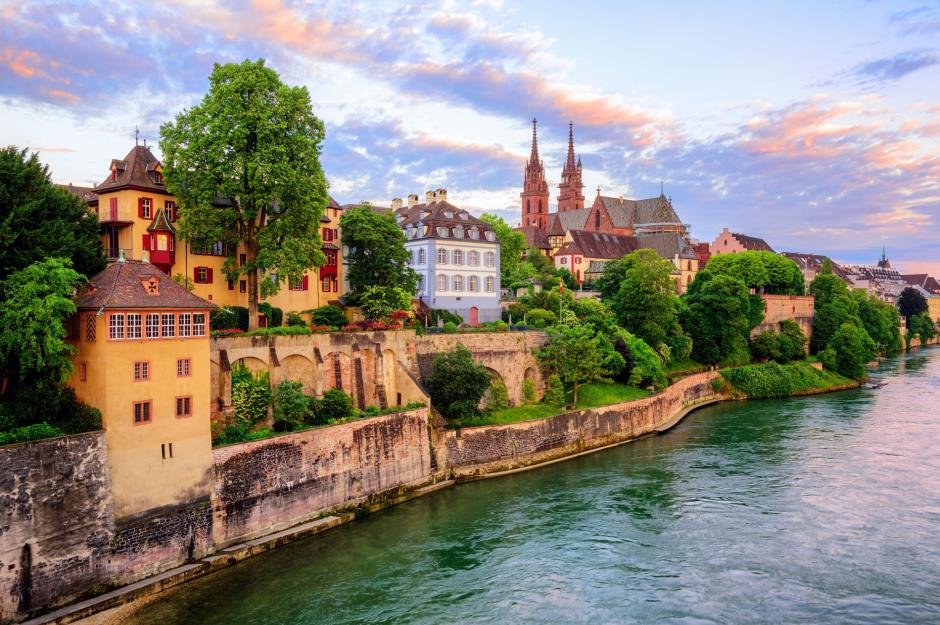
Switzerland
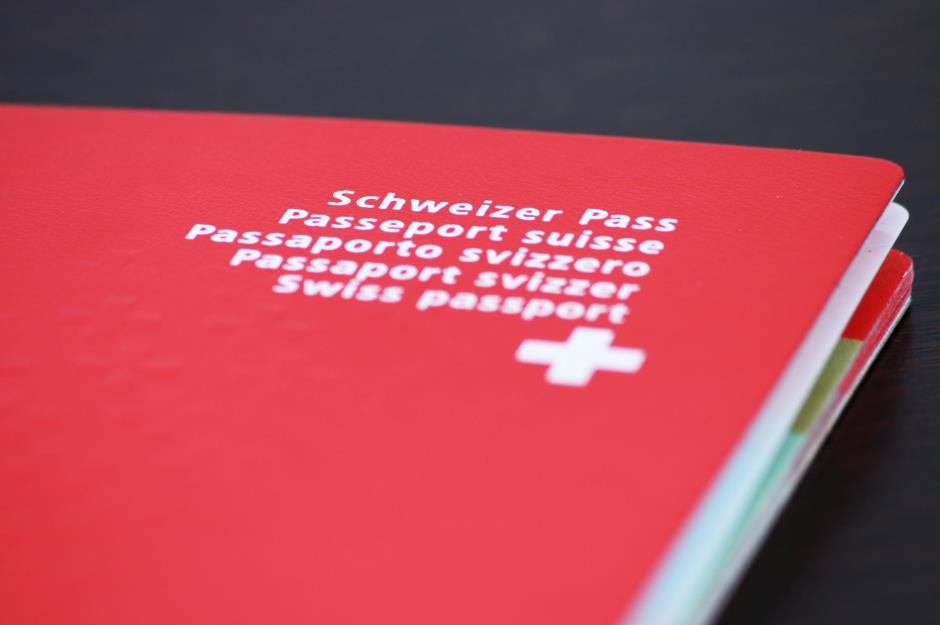
Sponsored Content
New Zealand
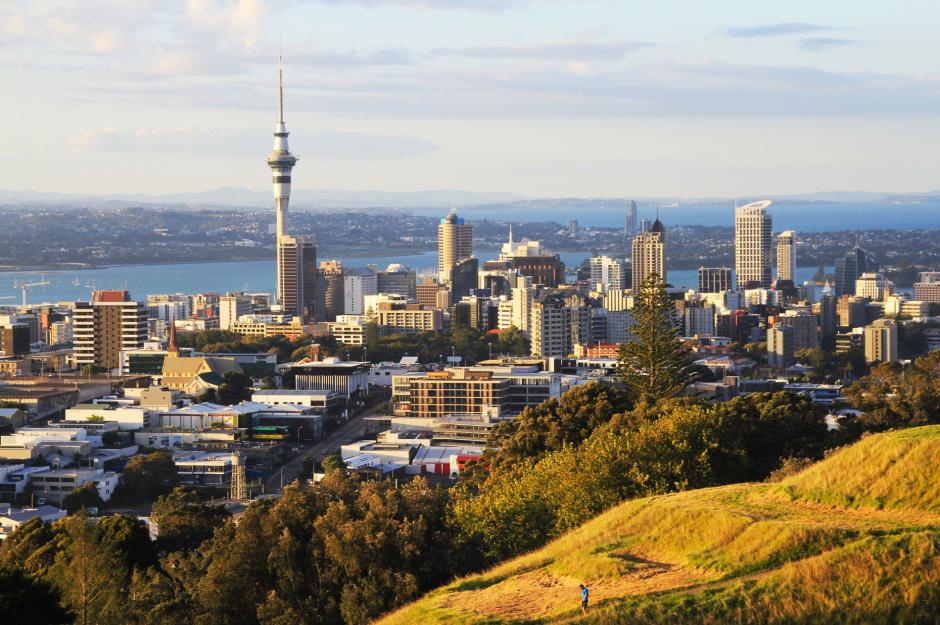
New Zealand
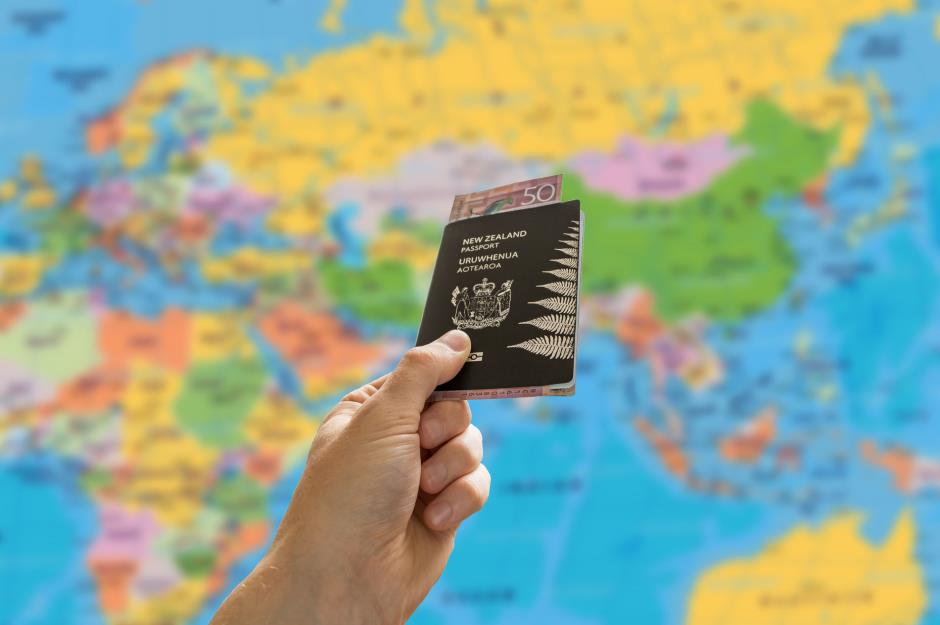
Ireland
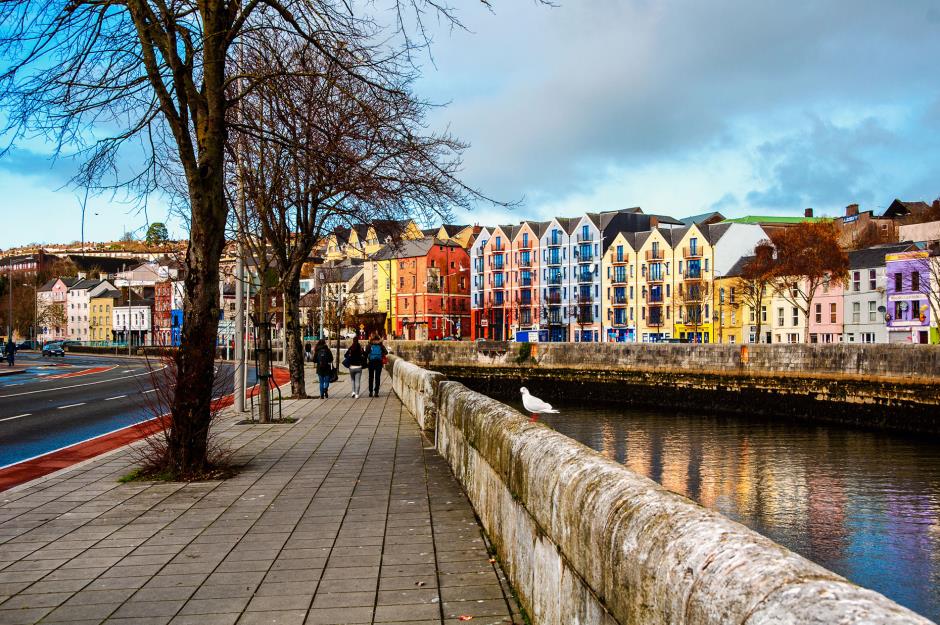
Sponsored Content
Ireland
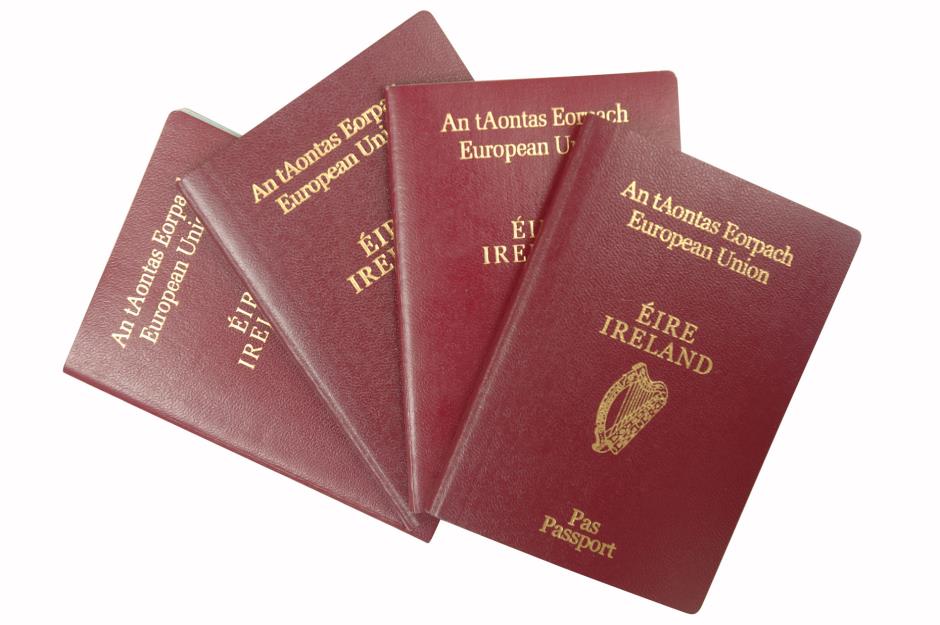
Monaco
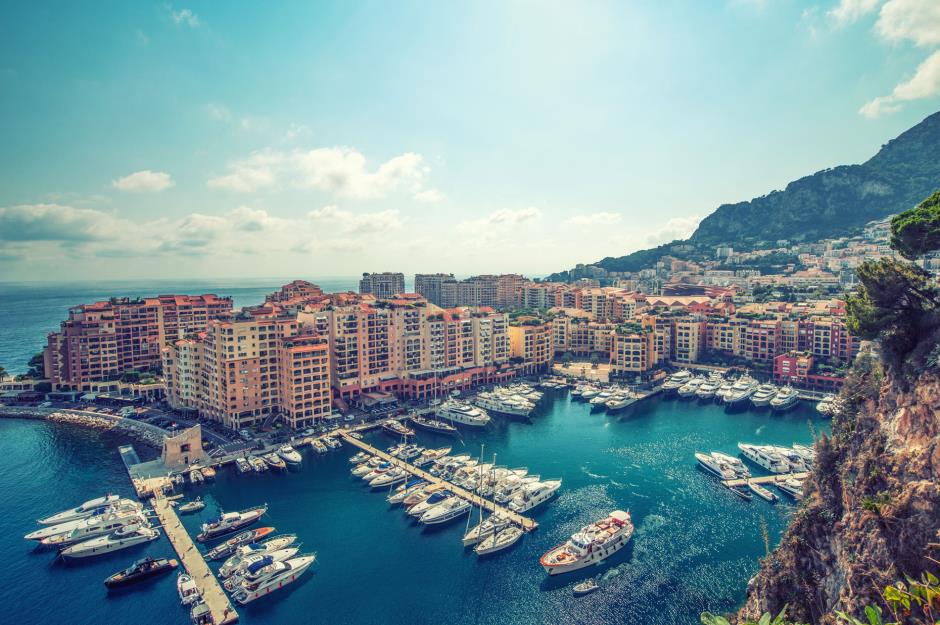
Monaco
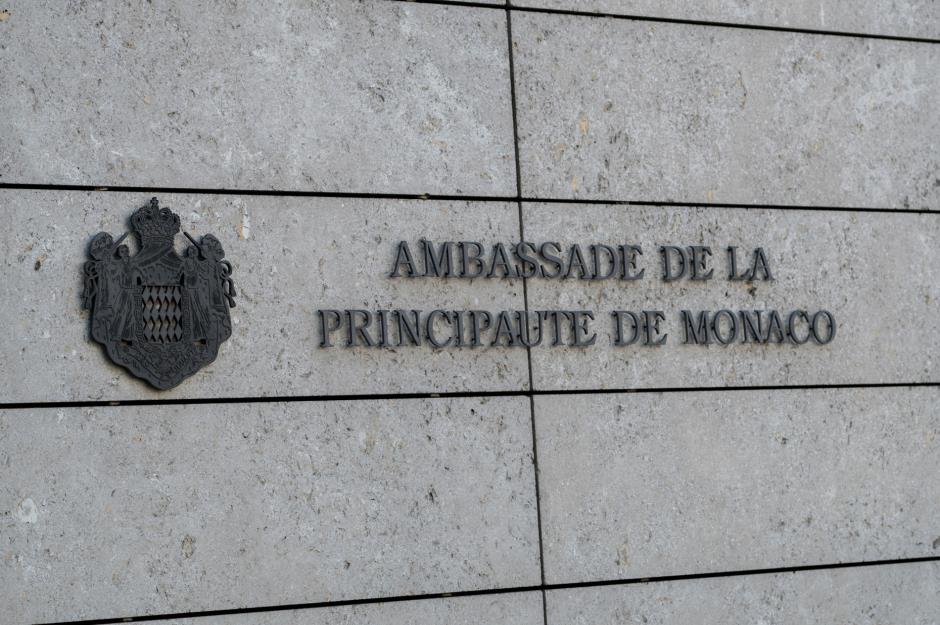
Sponsored Content
Australia
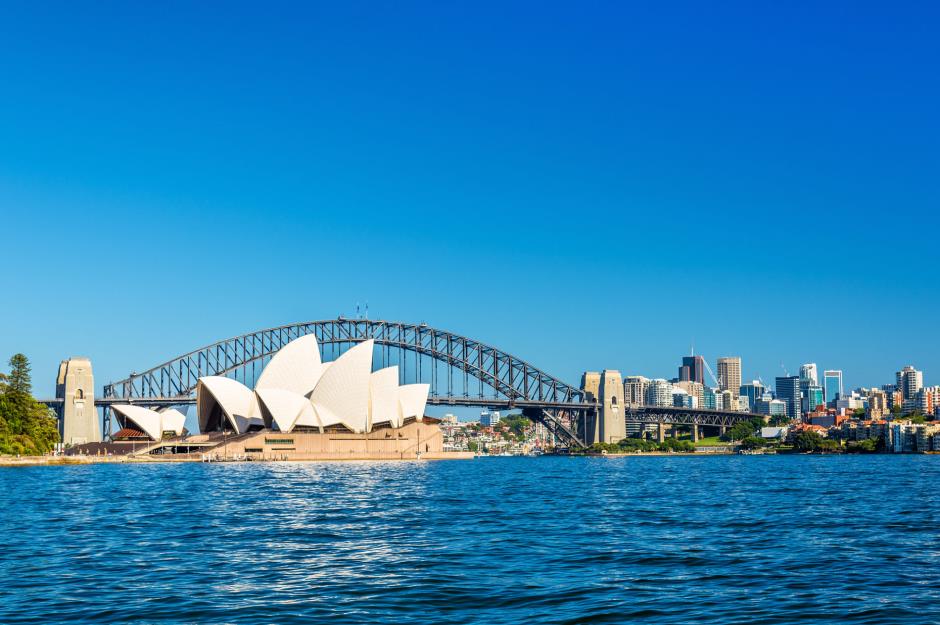
Australia
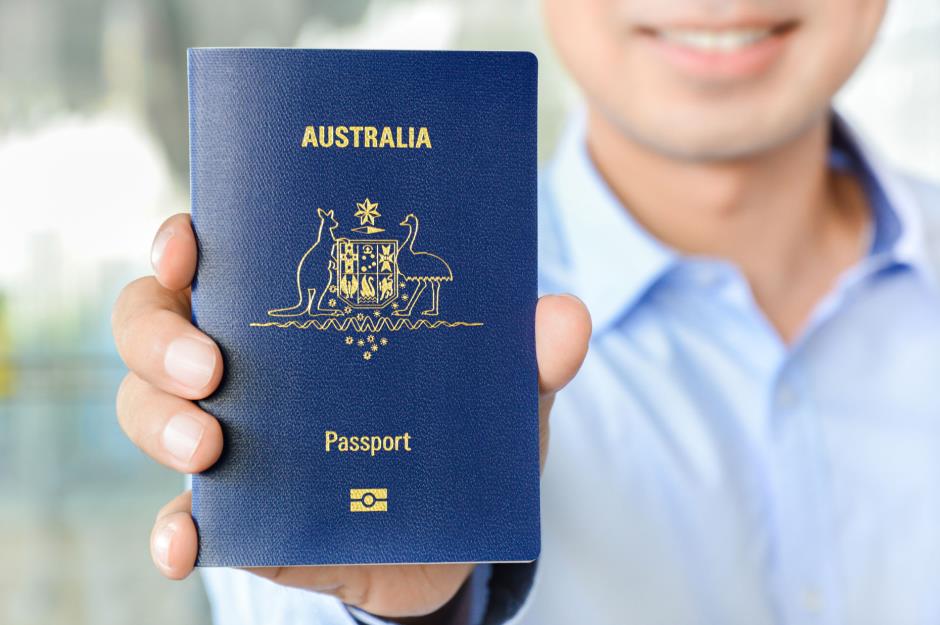
India
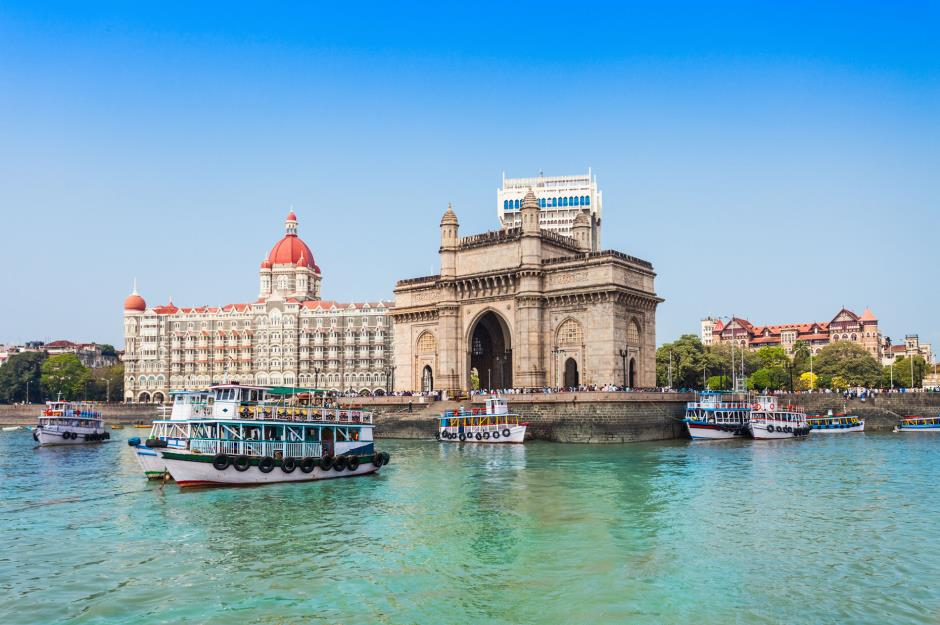
Sponsored Content
India
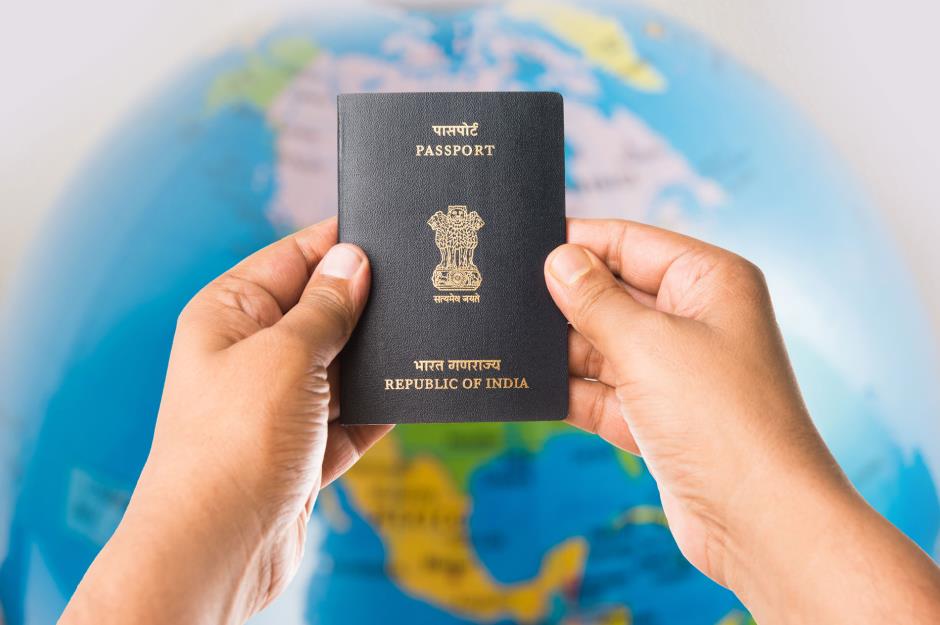
Netherlands
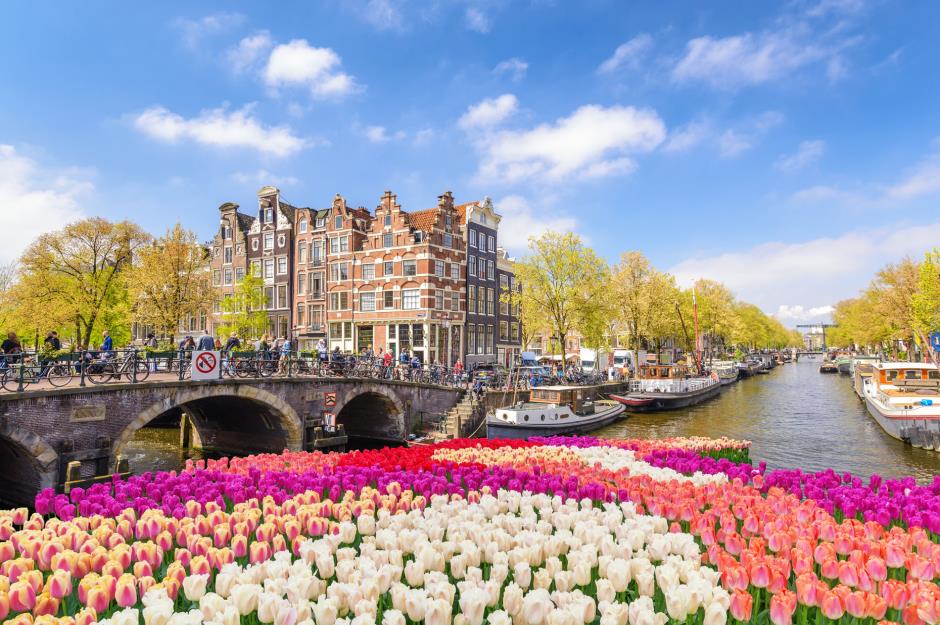
Netherlands
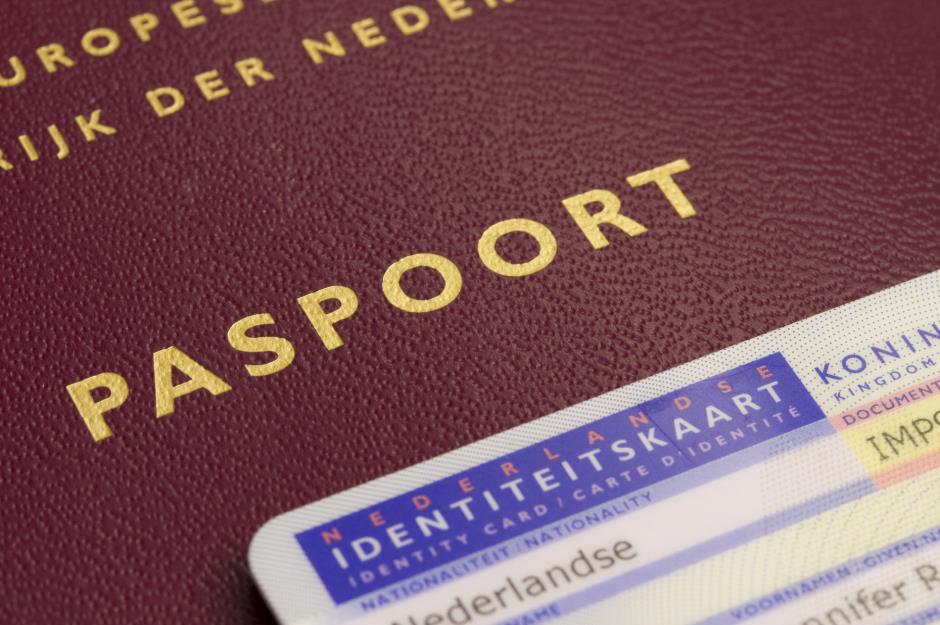
Sponsored Content
Samoa
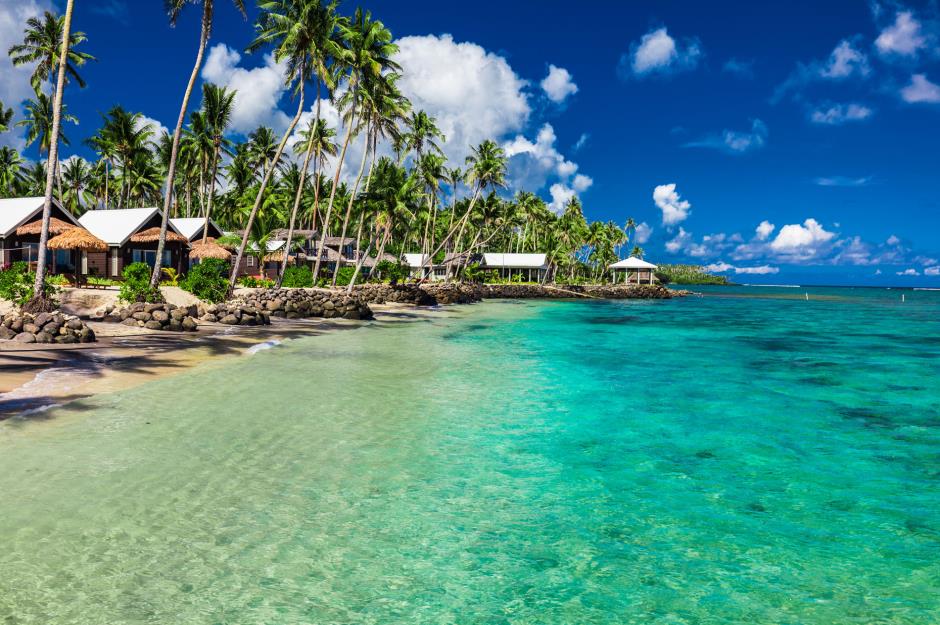
Samoa
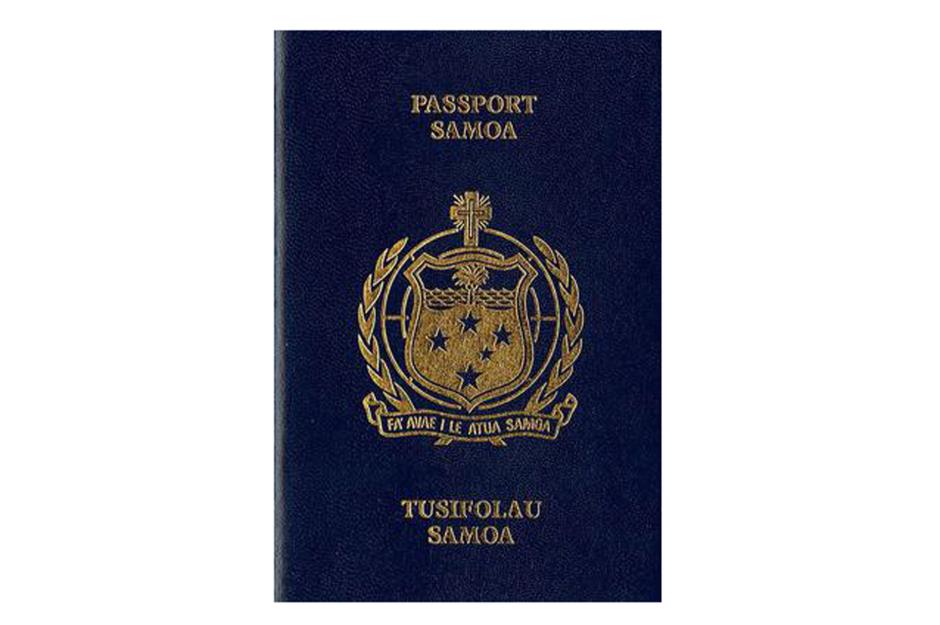
Singapore
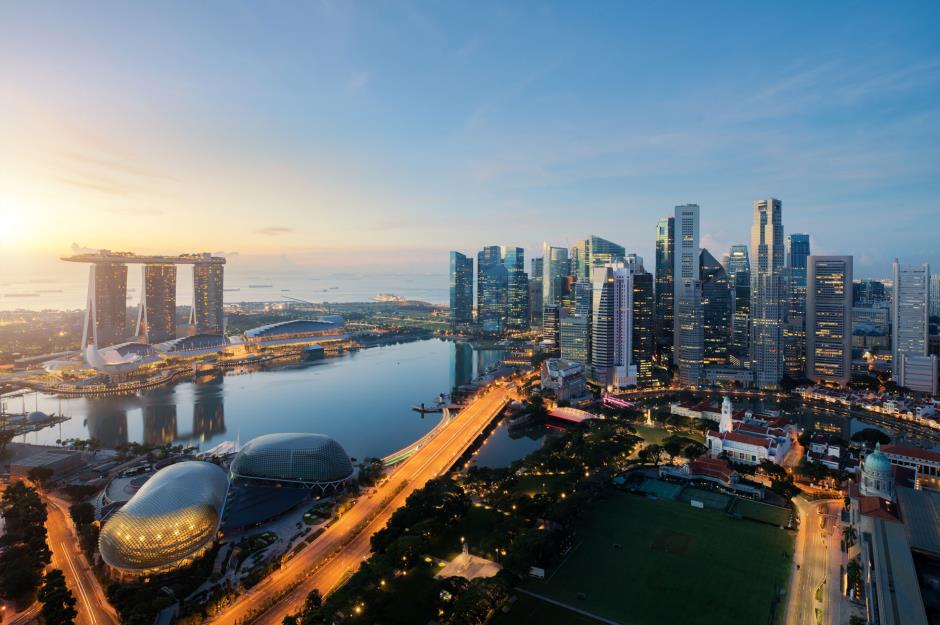
Sponsored Content
Singapore
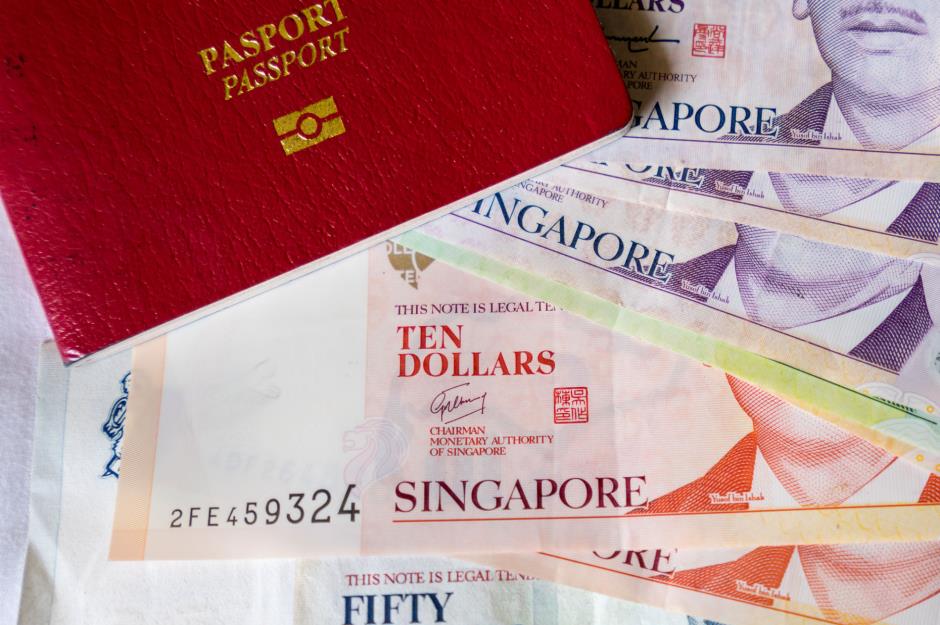
Comments
Be the first to comment
Do you want to comment on this article? You need to be signed in for this feature